Κείμενο
Τα ινομυώματα είναι σχηματισμοί που δημιουργούνται στη μήτρα και, ενώ εμφανίζονται πάρα πολύ συχνά, σπάνια δημιουργούν πρόβλημα. Υπολογίζεται ότι το 80% των γυναικών θα εμφανίσει ινομυώματα στη ζωή της. Τα ινομυώματα δεν προκαλούν συμπτώματα ή ενοχλήματα, ούτε μπορεί να εξελιχθούν σε μία κατάσταση που να απειλεί τη ζωή όπως ο καρκίνος, αν και μερικές φορές οδηγούν σε πολύ έντονη αιμορραγία και αυτό μπορεί να είναι μία βαριά και επείγουσα κατάσταση, που πράγματι να απειλήσει την ζωή. Τα ινομυώματα αποτελούνται από συνδετικό και μυικό ιστό και γι’ αυτό λέγονται ινομυώματα. Μέχρι στιγμής δεν έχουμε ξεκαθαρίσει τι τα προκαλεί, αλλά έχουμε βρει μία σειρά από παράγοντες που σχετίζονται με αυξημένη πιθανότητα να εμφανιστούν. Για παράδειγμα, γνωρίζουμε ότι αν η μητέρα σας η αδερφή σας έχει ινομυώματα η πιθανότητα να εμφανίσετε και εσείς είναι μεγαλύτερη, πράγμα που δείχνει ότι υπάρχει κάποιο γενετικό υπόβαθρο. Καθώς δεν μπορούμε να αλλάξουμε τα γονίδιά μας, είναι πολύ σημαντικό να κάνετε κάποιες αλλαγές στον τρόπο ζωής σας που συνδέονται με μειωμένη εμφάνιση ινομυωμάτων. Αν και είναι πολύ πιθανόν τα ινομυώματα να αναστραφούν μετά την εμμηνόπαυση, υπάρχουν και αρκετές περιπτώσεις που αναστρέφονται και πριν την εμμηνόπαυση. Σήμερα θα πούμε μία σειρά από αλλαγές στον τρόπο ζωής που μπορείτε να κάνετε που αυξάνουν την πιθανότητα να μην εμφανίσετε ινομυώματα ή αν έχετε, να μειωθούν σε όγκο ή και να εξαφανιστούν ακόμα. Σωστή διατροφή. Η σωστή διατροφή είναι εξαιρετικά σημαντική για την αντιμετώπιση των ινομυωμάτων και στηρίζεται σε δύο πυλώνες. Ο πρώτος πυλώνας είναι η επιλογή υγιεινών τροφών και ο δεύτερος πυλώνας είναι η σωστή ποσότητα αυτών των τροφών ώστε το βάρος να είναι φυσιολογικό. Οι μελέτες συμφωνούν ότι η μεσογειακή διατροφή είναι η καλύτερη διατροφή για την αντιμετώπιση των ινομυωμάτων. Δηλαδή μία διατροφή που είναι πολύ πλούσια σε φυτικές τροφές, όπως φυλλώδη και μη φυλλώδη λαχανικά, φρούτα, όσπρια και λαδερά και μικρή ποσότητα ζωικής πρωτεΐνης από ψάρια, κρέας

με λίγο λίπος, συμπληρωμένα με ζωντανό παραδοσιακό γιαούρτι, ξυνόγαλα ή κεφίρ. Αυτή είναι η λίστα με τις τροφές που κάποιος πρέπει να προτιμά συχνότερα, ενώ πρέπει να αποφεύγει επεξεργασμένες τροφές που περιέχει μεγάλη ποσότητα γλυκαντικών όπως ζάχαρη, επεξεργασμένους υδατάνθρακες και λιπαρά και φυσικά τα αλλαντικά. Όλα αυτά φυσικά θα πρέπει να τα τρώτε σε ποσότητες ικανές να διατηρούν του βάρους σας χαμηλά, ή αν το βάρος σας είναι αυξημένο, τότε θα πρέπει να καταναλώνονται σε ποσότητες που να σας βοηθήσουν να χάσετε βάρος, γιατί το αυξημένο βάρος είναι εξαιρετικά σημαντικός επιβαρυντικός παράγοντας για εμφάνιση ινομυωμάτων. Όσο σωστά και αν επιλέγετε τις τροφές που καταναλώνετε, αν τις τρώτε σε μεγάλη ποσότητα αυτό δημιουργεί πρόβλημα. Δεν αρκεί να τρώτε σωστά, πρέπει να τρώτε και στη σωστή ποσότητα για να μην έχετε πρόβλημα με τα ινομυώματα. Περιορίστε το αλκοόλ. Οι μελέτες συγκλίνουν ότι η κατανάλωση αλκοόλ σε οποιαδήποτε ποσότητα αυξάνει την πιθανότητα να εμφανιστούν ινομυώματα ή αν έχουν ήδη εμφανιστεί, να μεγαλώσουν σε όγκο και να δημιουργήσουν προβλήματα που σχετίζονται με αιμορραγίες. Αυτό φαίνεται να οφείλεται στο γεγονός ότι το αλκοόλ αυξάνει τις ορμόνες που οδηγούν σε αύξηση του όγκου των ινομυωμάτων. Το αλκοόλ επίσης, προκαλεί φλεγμονή, πράγμα που περιπλέκει κι άλλο την κατάσταση. Οι μελέτες δείχνουν ότι στις γυναίκες που πίνουν ένα ποτήρι αλκοόλ την ημέρα αυξάνεται η πιθανότητα να εμφανίστουν ινομυώματα κατά 50%. Αρκετά σημαντική αύξηση! Έτσι λοιπόν, αν θέλετε να κάνετε το καλύτερο για την υγεία σας, καλό είναι να περιορίσετε το αλκοόλ στο ελάχιστο ή και καθόλου, Λάβετε μέτρα για να περιοριστούν τα οιστρογόνα στο σώμα. Τα οιστρογόνα είναι οι ορμόνες οι οποίες επάγουν τη διόγκωση των ινομυωμάτων. Είναι οι ορμόνες που δίνουν μήνυμα στα ινομυώματα να μεγαλώσουν σε όγκο. Υπάρχουν κάποιοι τρόποι να περιορίσετε φυσικά τα οιστρογόνα ώστε να επιστρέψουν σε φυσιολογικό επίπεδο, και από αυτές τις μεθόδους η απώλεια βάρους είναι η σημαντικότερη και πιο ασφαλής.

Φροντίζετε να διατηρήσετε το βάρος σας στο φυσιολογικό ώστε να μειώσετε την απρόσφορη έκκριση οιστρογόνων και κατ’ επέκταση τη διόγκωση των ινομυωμάτων. Υπάρχει όμως άλλο ένα πρόβλημα σε σχέση με τα οιστρογόνα. Υπάρχουν πολλές γυναίκες που τα οιστρογόνα στο αίμα τους είναι φυσιολογικά, αλλά δυστυχώς έχουν εκτεθεί σε σημαντικές ποσότητες τοξινών οι οποίες διαταράσσουν τον φυσιολογικό μεταβολισμό των οιστρογόνων. Αυτές οι τοξίνες μπορεί να είναι από λιπάσματα, ζιζανιοκτόνα, πλαστικά και Δισφαινόλη Α, αντικολλητικές επιστρώσεις στις κατσαρόλες και τα τηγάνια, χρώματα, βαφές, καλλυντικά κι άλλες χημικές ουσίες. Όλες αυτές οι χημικές ουσίες διαταράσσουν τη φυσιολογική λειτουργία του ορμονικού συστήματος οδηγώντας στη δημιουργία ινομυωμάτων. Εξασφαλίστε επάρκεια σε βιταμίνη D. Οι τελευταίες μελέτες δείχνουν ότι η βιταμίνη D μπορεί να μειώσει τον κίνδυνο να εμφανίσετε ινομυώματα κατά 32%. Υπάρχουν πολλοί τρόποι να εξασφαλίσετε ότι η βιταμίνη D στο αίμα σας είναι επαρκής, αλλά ο σωστός τρόπος να ξεκινήσετε είναι να τη μετρήσετε. Μέσα από τα σχόλια πολλοί με ρωτούν πόση βιταμίνη D να πάρουν για να εξασφαλίσουν φυσιολογικά επίπεδα στο αίμα. Δυστυχώς, αυτό διαφέρει πολύ από άνθρωπο σε άνθρωπο και εξαρτάται από πολλούς παράγοντες, όπως το αυξημένο βάρος, το χρώμα του δέρματος, τον χρόνο και την ώρα έκθεσης στον ήλιο, την πρόσληψη βιταμίνης D από τη διατροφή και άλλους. Σε κάθε περίπτωση, ο σωστός τρόπος για να εξασφαλίσετε επάρκεια σε βιταμίνη D είναι να μετρήσετε, να κάνετε τις αλλαγές που είναι αναγκαίες και να ξαναμετρήσετε για να δείτε αν είναι αρκετές ή χρειάζεται να κάνετε κι άλλες. Για μερικούς ανθρώπους λίγο παραπάνω έκθεση στον ήλιο μπορεί να είναι αρκετή. Άλλοι μπορεί να χρειαστούν να αυξήσουν και την πρόσληψη βιταμίνης D στη διατροφή τους. Άλλοι πάλι πρέπει να πάρουν και συμπληρώματα διατροφής για να βρεθεί η βιταμίνη D εκεί που πρέπει. Εξασφαλίστε φυσιολογική αρτηριακή πίεση. Μία σειρά από πρόσφατες ιατρικές μελέτες έχει συσχετίσει την αυξημένη αρτηριακή πίεση με

αυξημένη πιθανότητα εμφάνισης ινομυωμάτων. Δεν είναι ξεκάθαρο γιατί συμβαίνει αυτό, αλλά σε κάθε περίπτωση, καλό είναι να μετρήσετε την πίεση σας και αν συχνά βλέπετε μετρήσεις αυξημένες, καλό είναι να λάβετε μία σειρά από μέτρα για να ρυθμιστεί η αρτηριακή πίεση. Στις περισσότερες περιπτώσεις υπάρχουν απλές και φυσικές λύσεις όπως η απώλεια βάρους, η μείωση του αλατιού στο φαγητό, η συστηματική άσκηση, η διακοπή του καπνίσματος και ο περιορισμός του αλκοόλ μπορεί να φέρουν ένα πολύ καλό αποτέλεσμα. Αυτές είναι πέντε αλλαγές στη ζωή σας που μπορείτε να κάνετε σήμερα για να μειώσετε την πιθανότητα να εμφανίσετε ινομυώματα ή αν έχετε ινομυώματα να μειωθούν σε όγκο ή να μειωθεί η πιθανότητα να έχετε σημαντικές επιπλοκές από αυτά σύμφωνα με τις τελευταίες μελέτες. Όπως είπα στην αρχή τα ινομυώματα, αν και είναι εξαιρετικά συχνά, σπάνια απειλούν τη ζωή, αλλά είναι μία ένδειξη ότι κάτι δεν πάει καλά στον οργανισμό μας και καλό είναι να κάνουμε αλλαγές στον τρόπο ζωής μας. Είναι εντυπωσιακό, ότι ακόμα και στα ινομυώματα παίζει πολύ μεγάλη σημασία η βιταμίνη D. Έχω δημοσιεύσει αρκετά βίντεο για τη βιταμίνη D, αλλά για όσους παίρνουν θα ήθελα να θυμίσω ότι η ώρα που παίρνουμε τη βιταμίνη D επηρεάζει πολύ την απορρόφηση της και την υγεία μας. Αν θέλετε να μάθετε ποια είναι η κατάλληλη ώρα για να παίρνετε τη βιταμίνη D έτσι ώστε να λειτουργεί τέλεια στο σώμα σας, πατήστε το βίντεο που εμφανίζεται τώρα στα δεξιά μου. Ευχαριστώ πολύ.

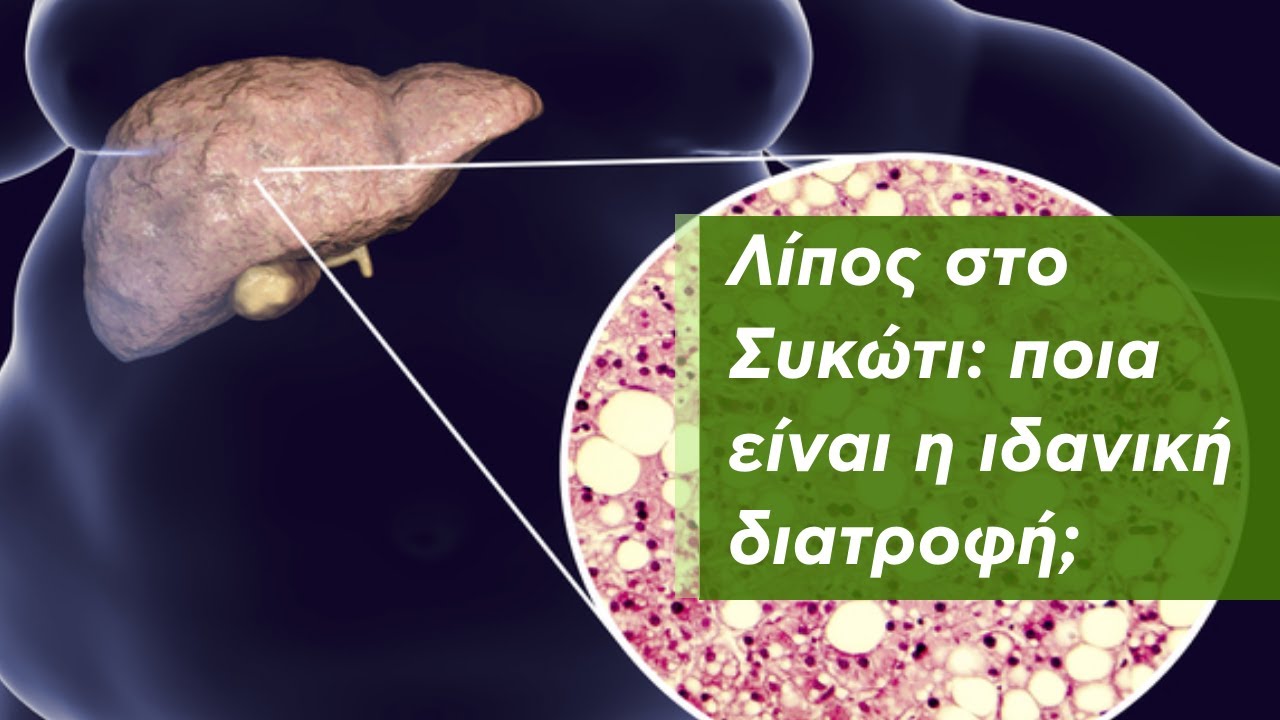
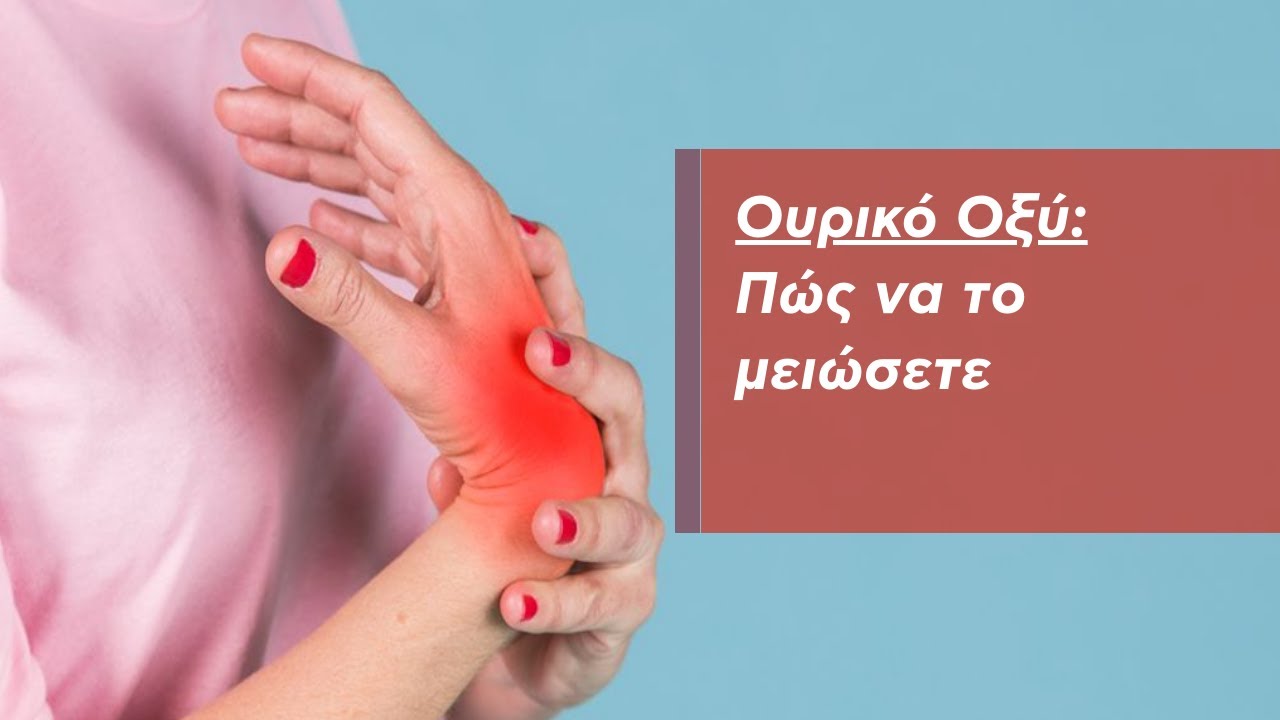

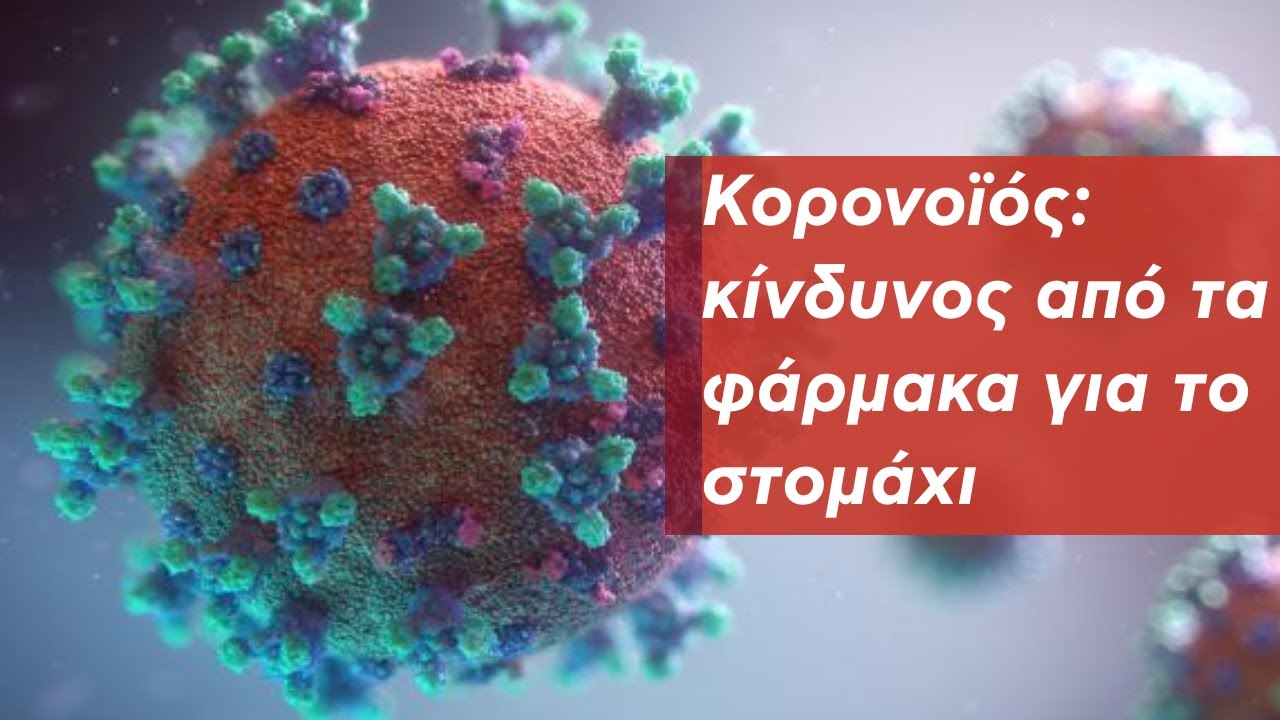


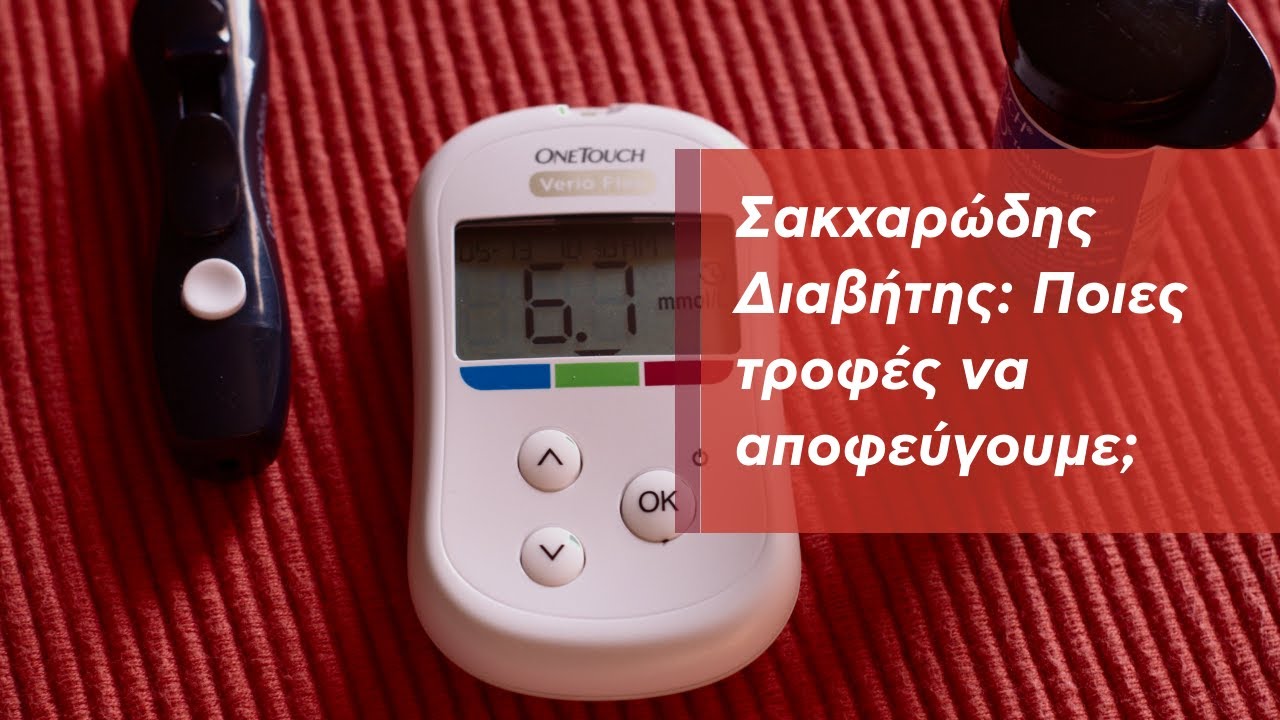



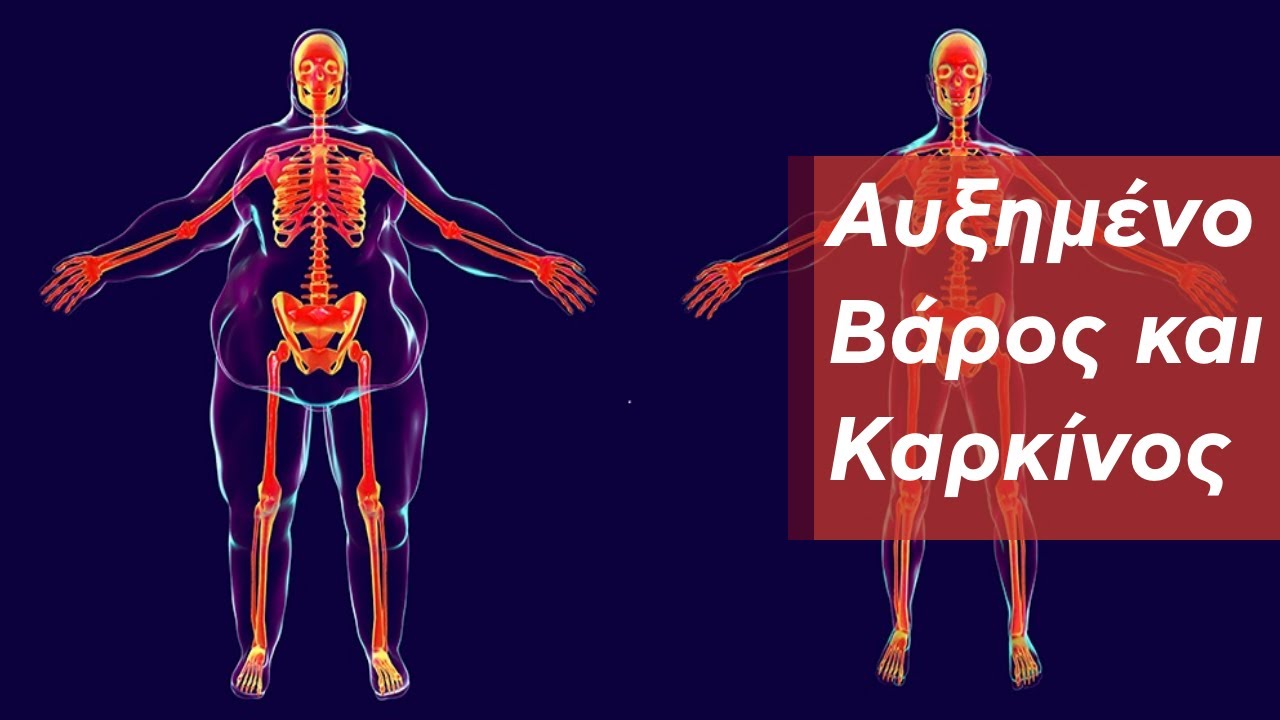
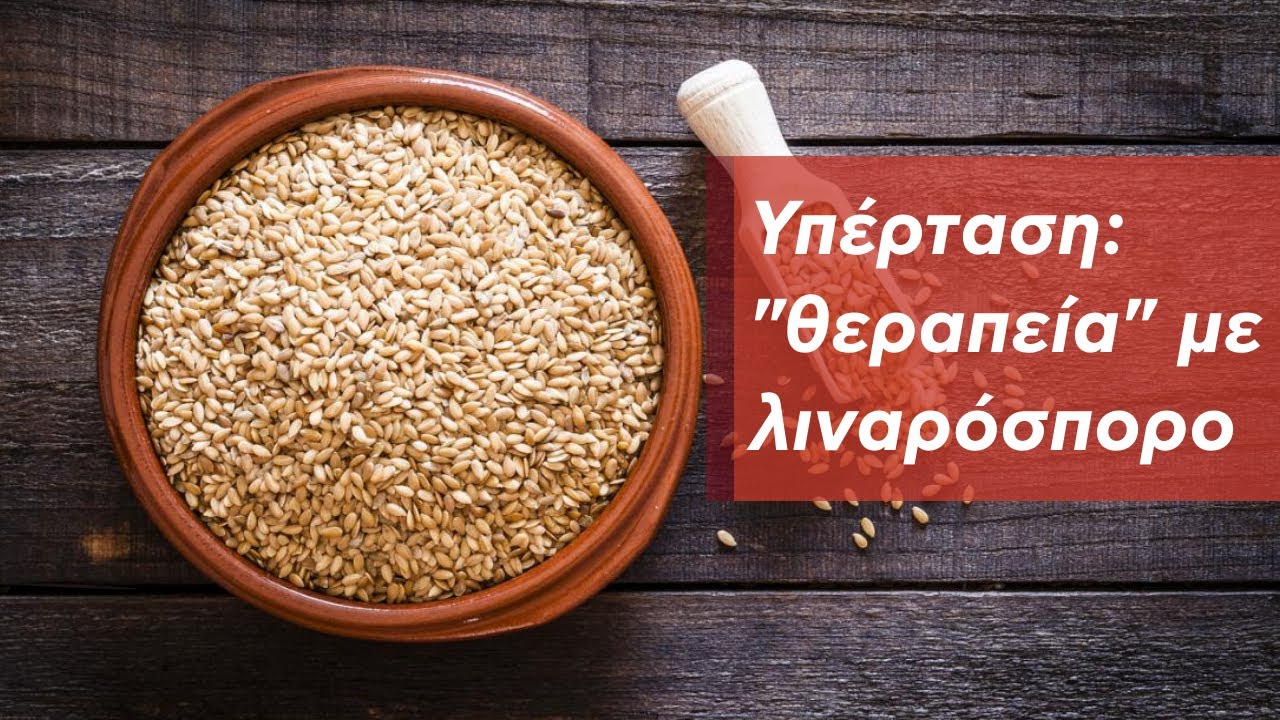
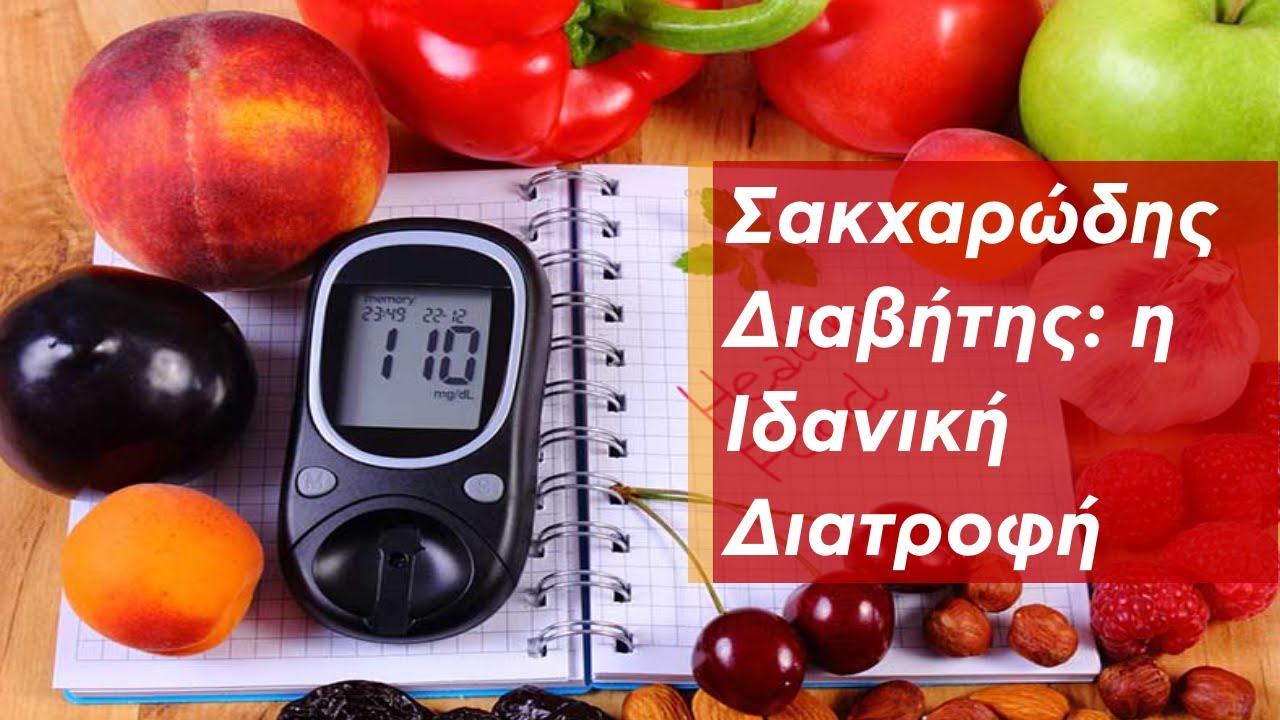

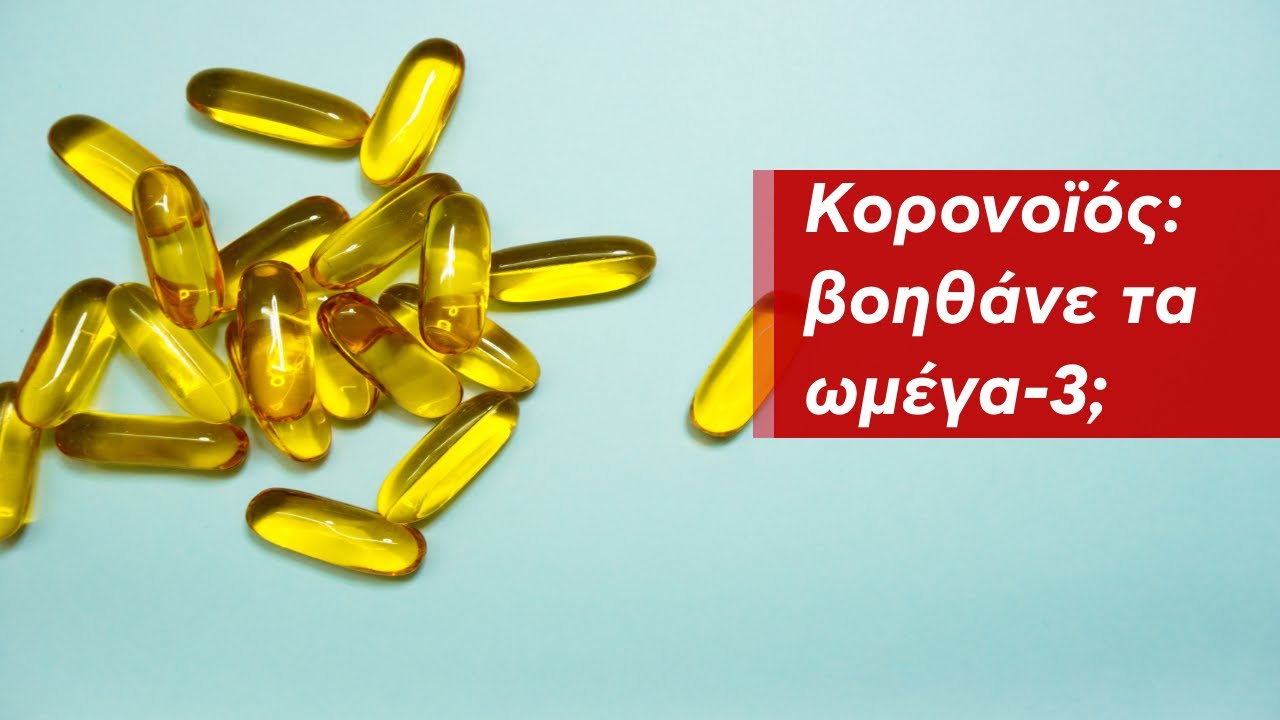
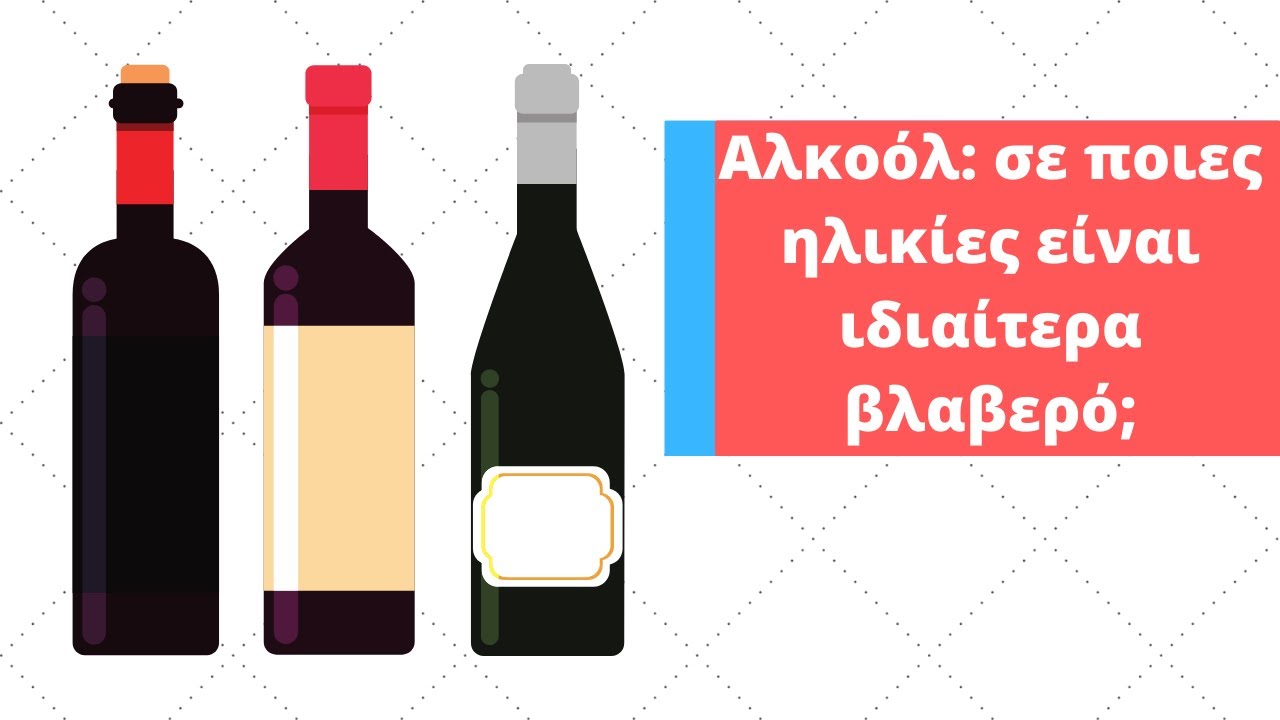

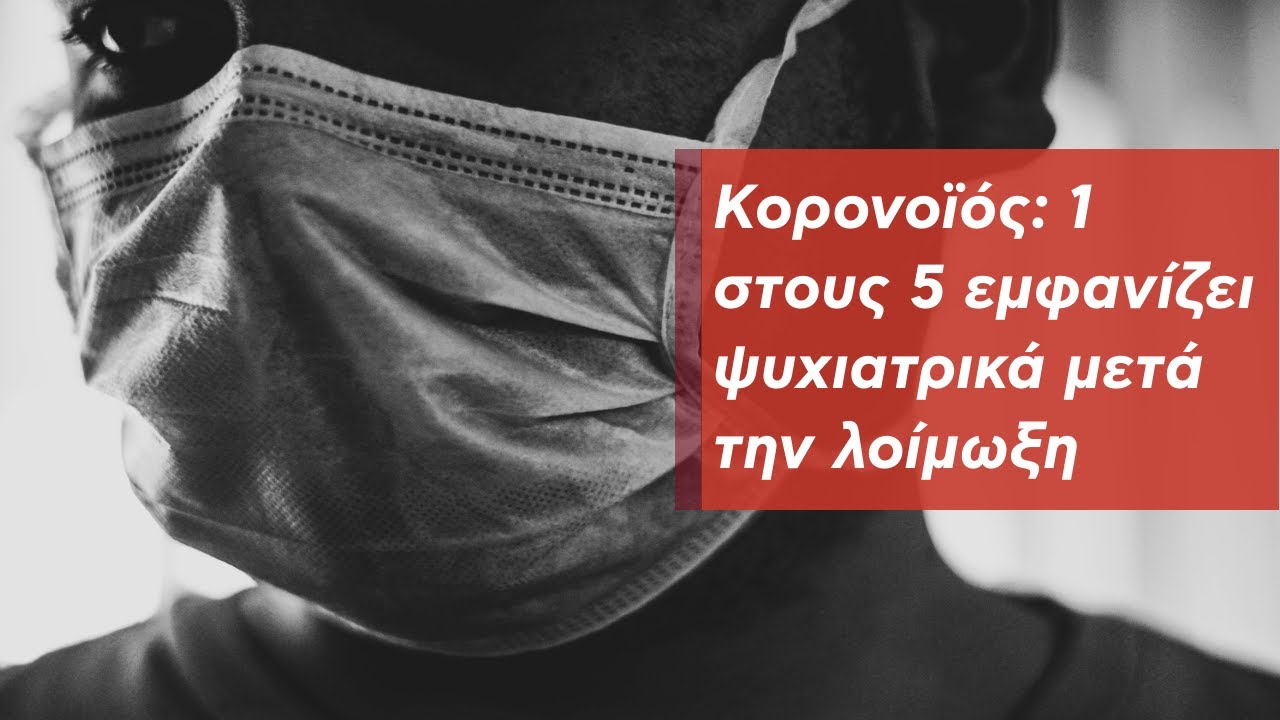
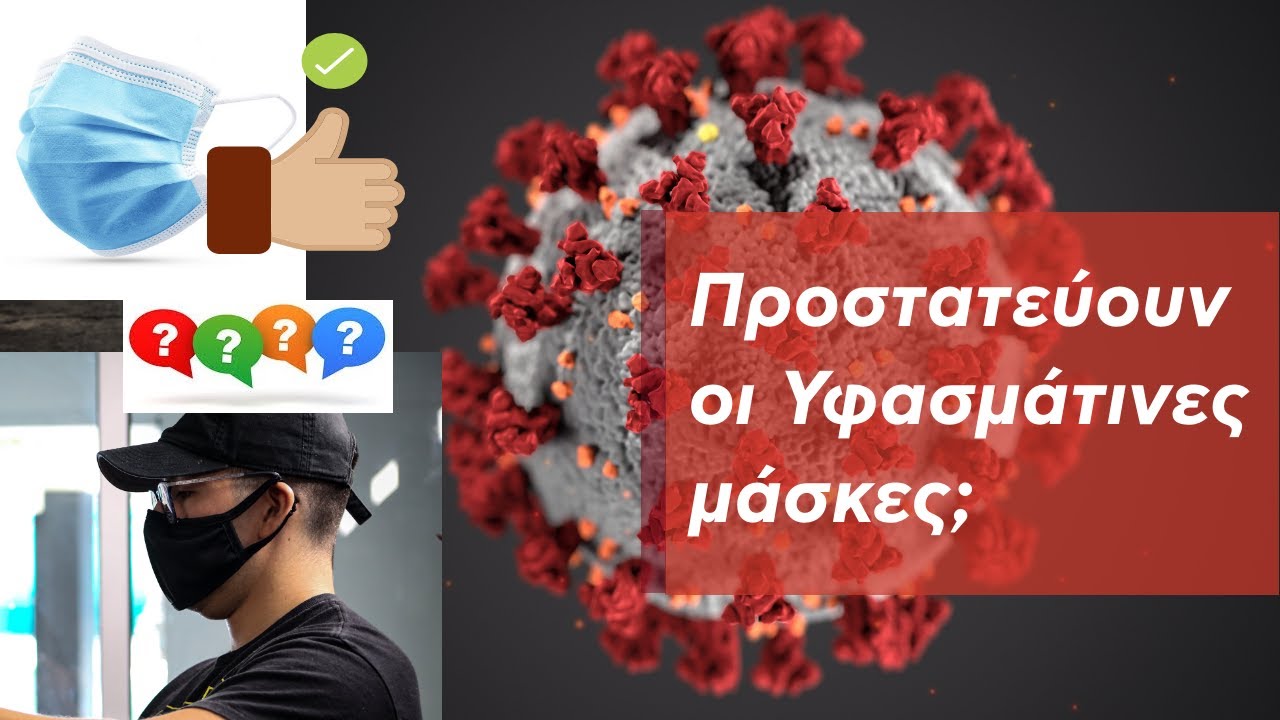

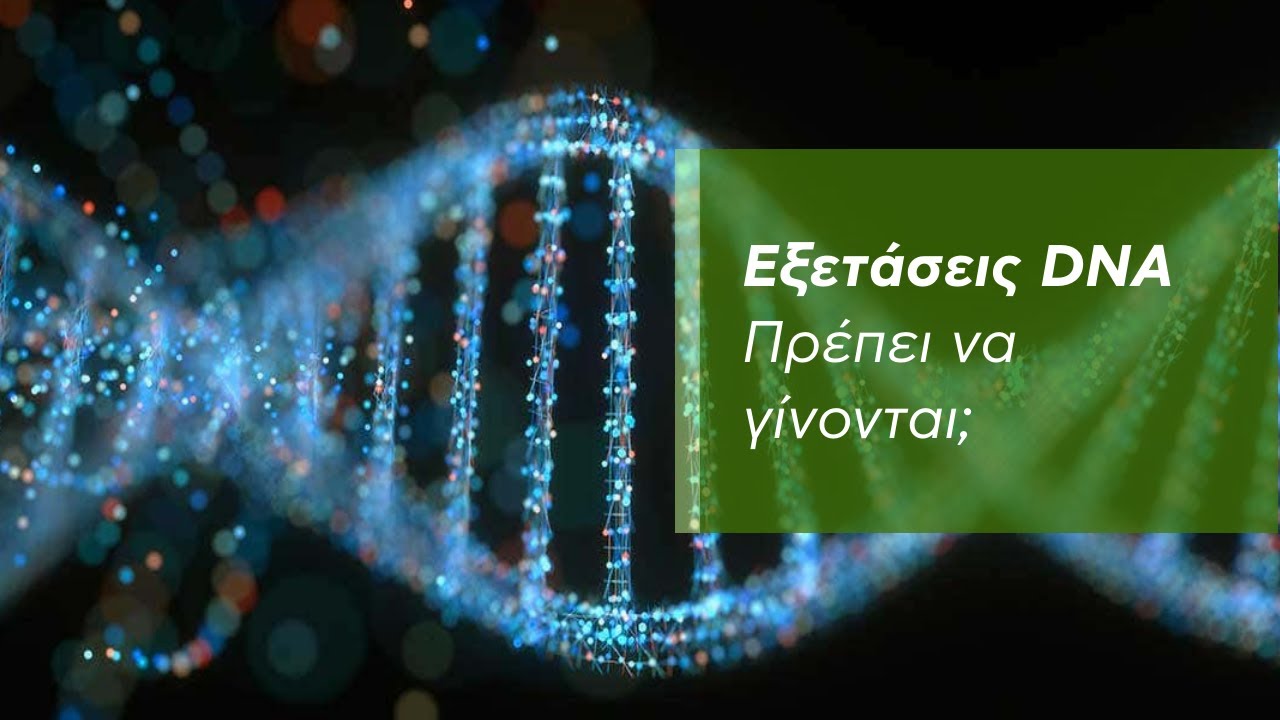
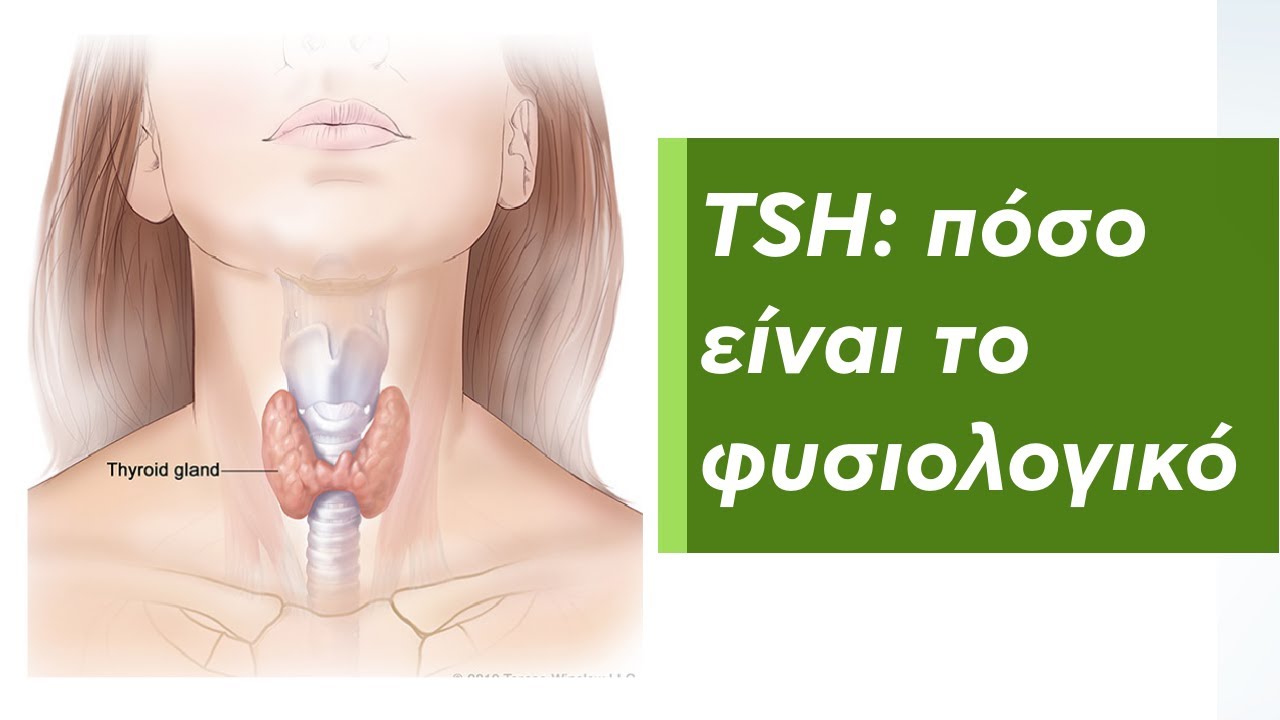



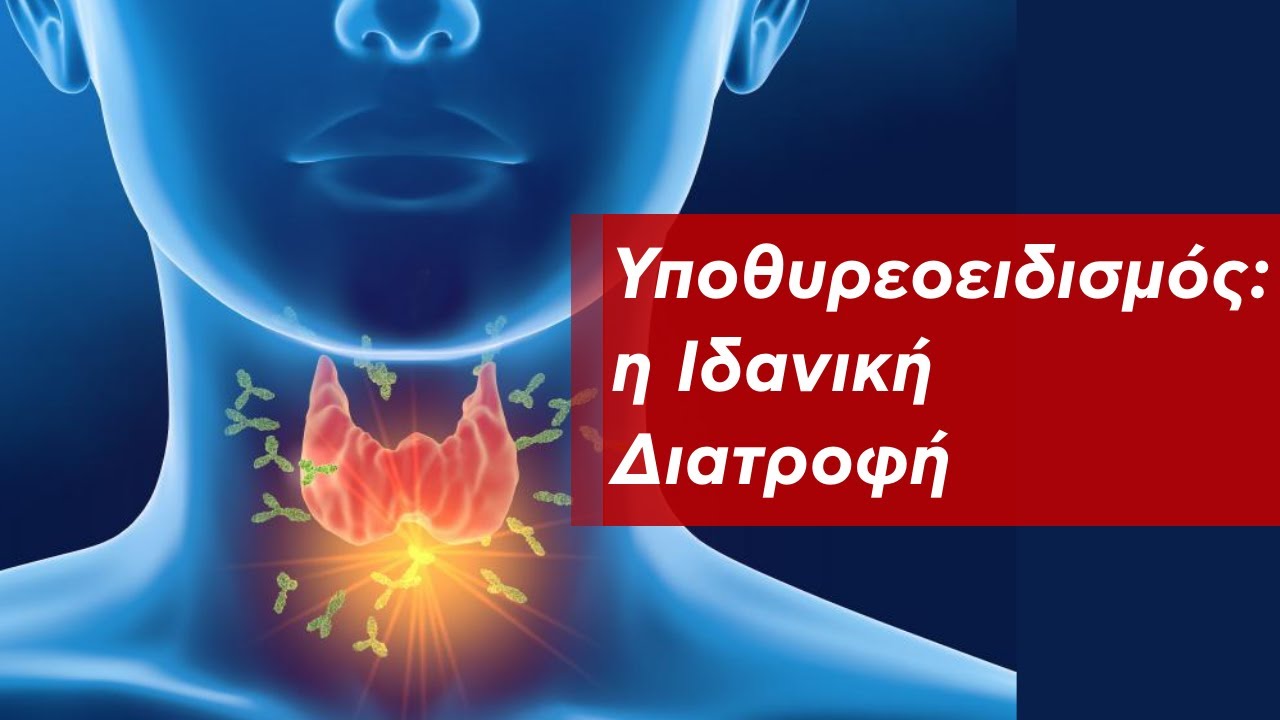
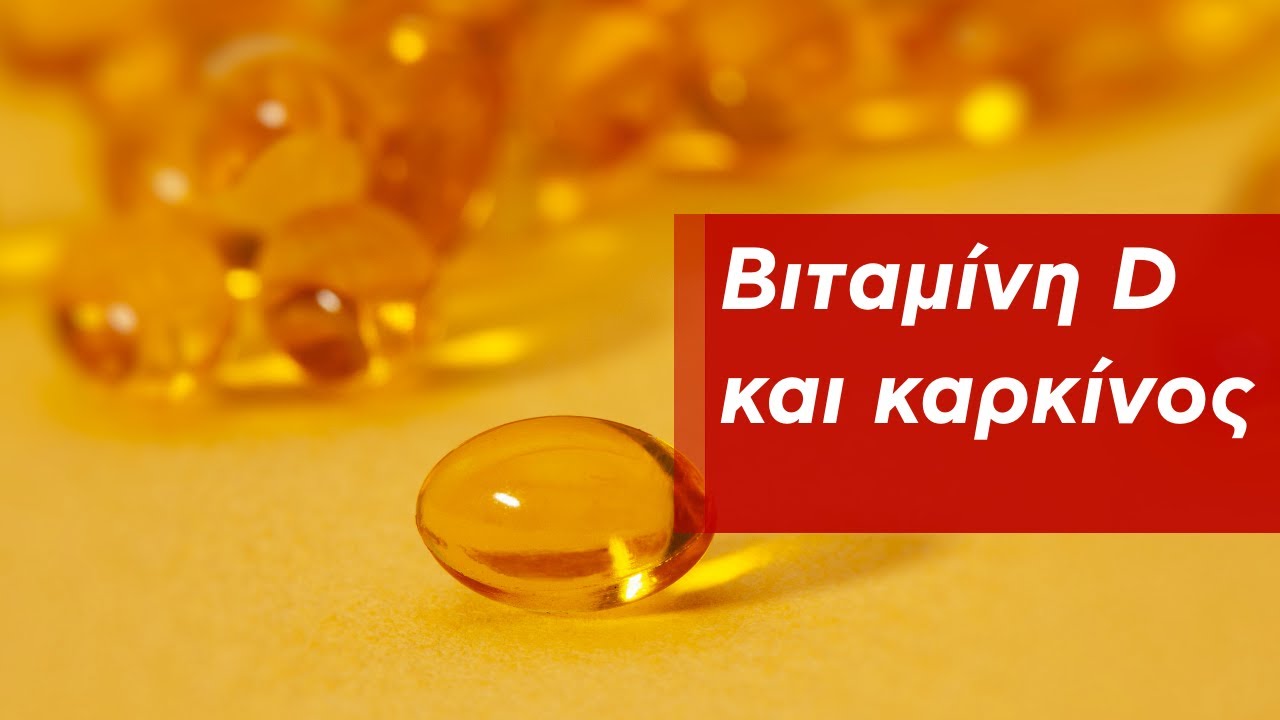
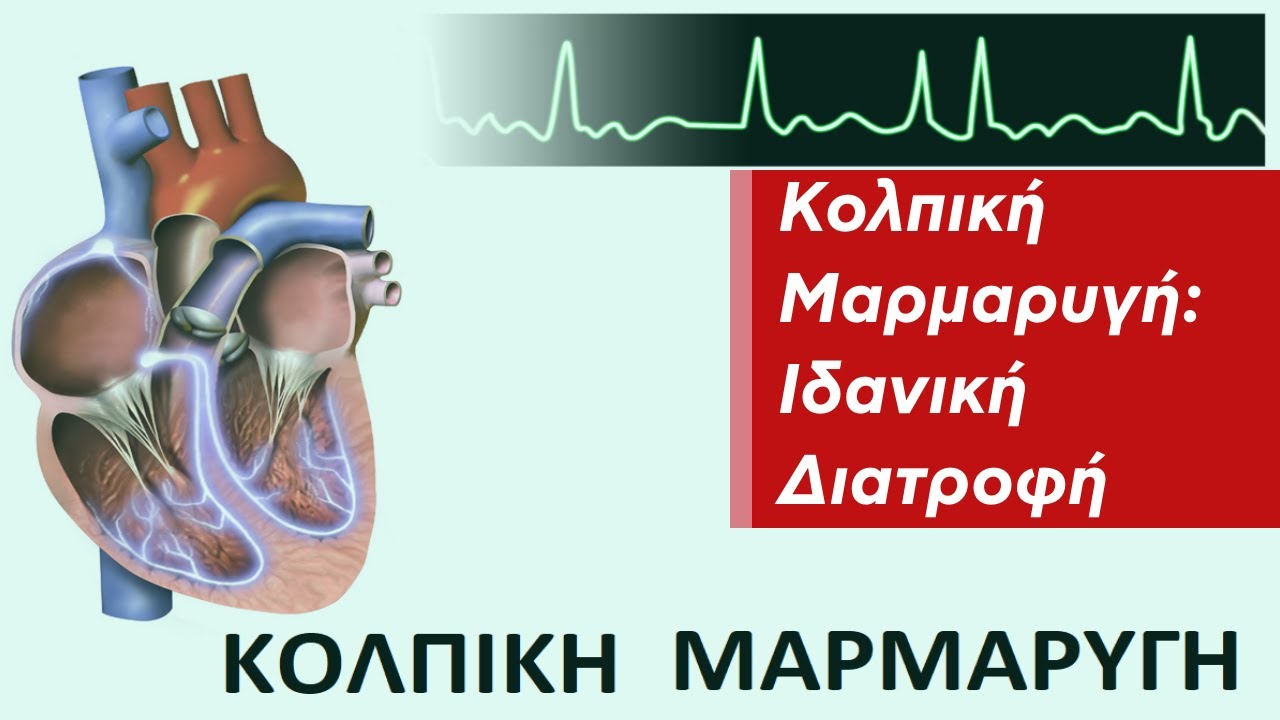


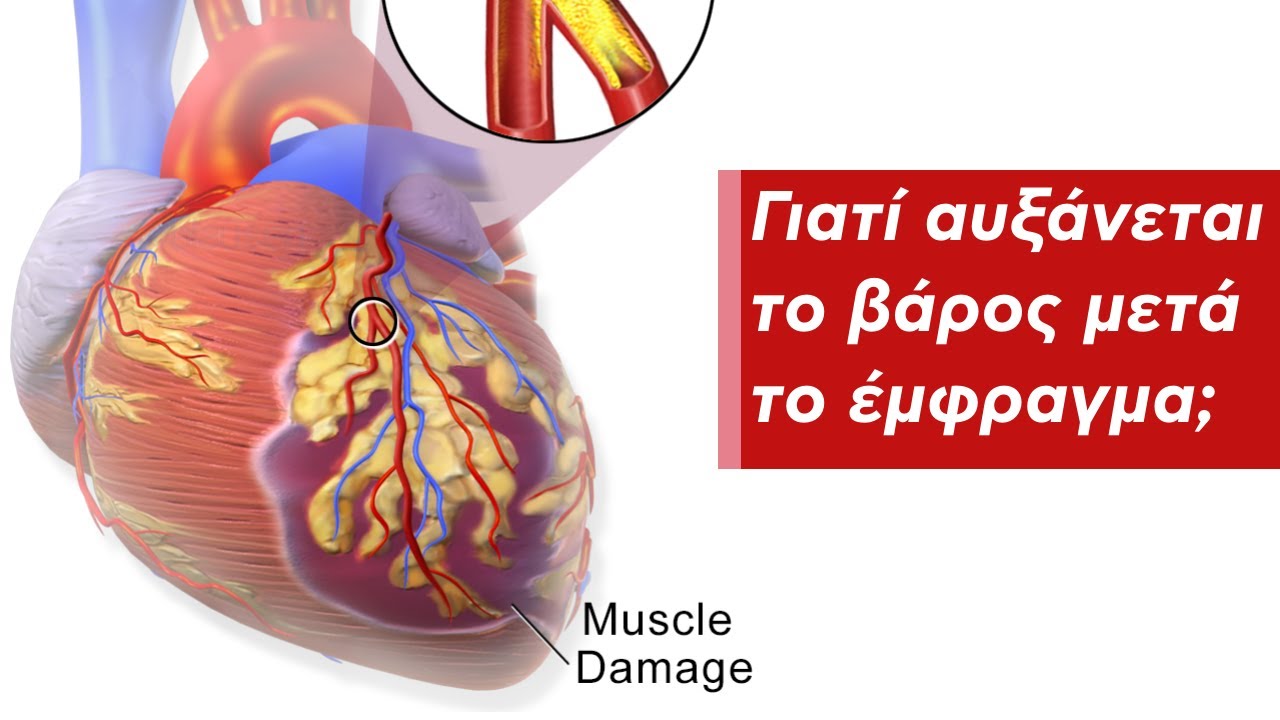



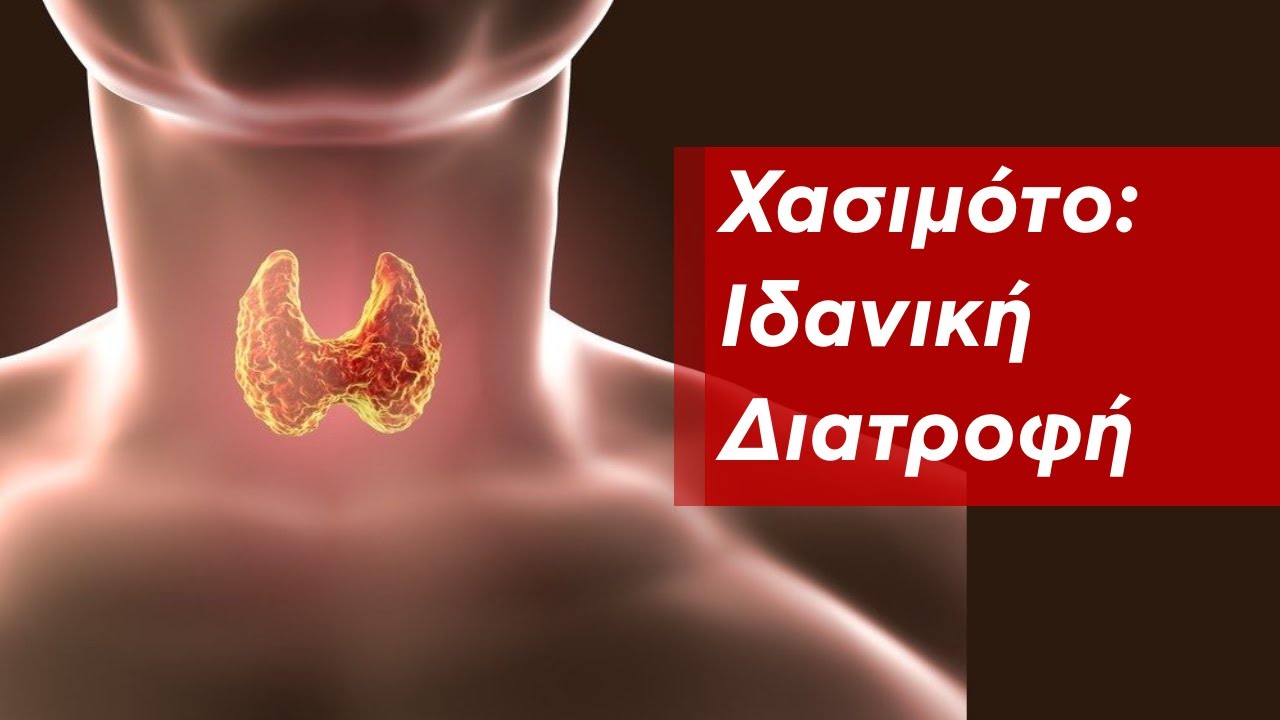
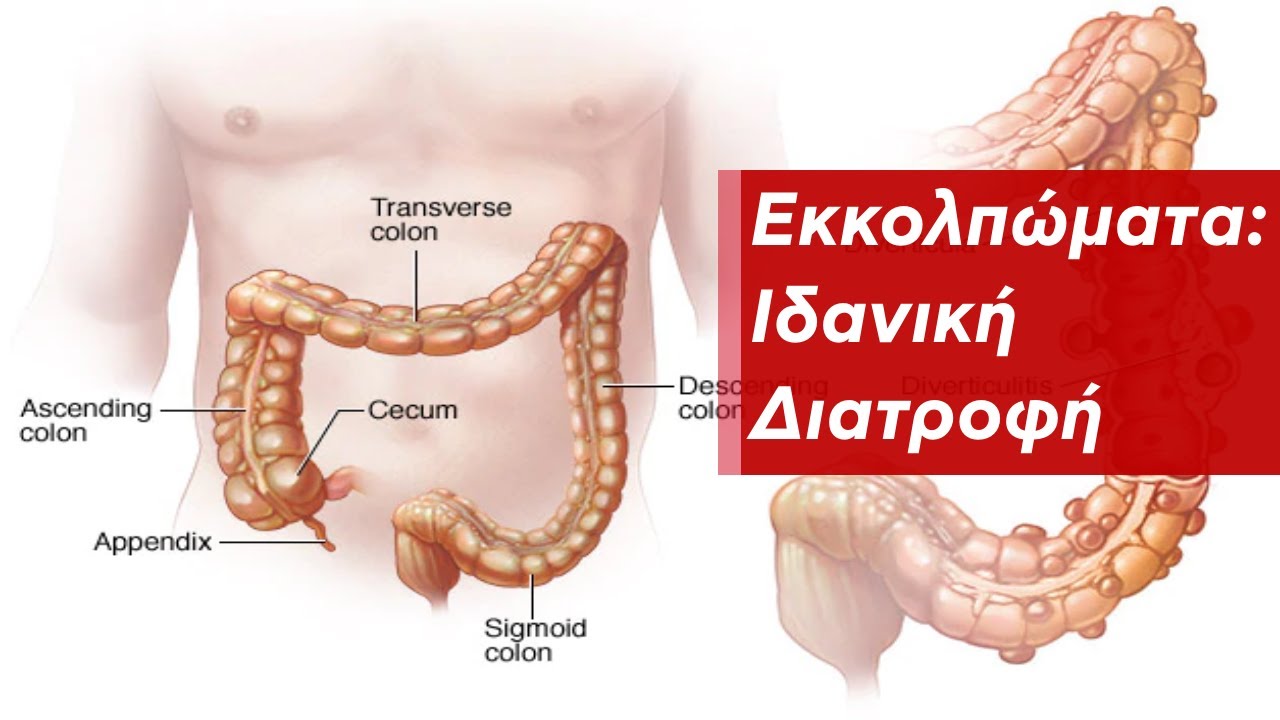
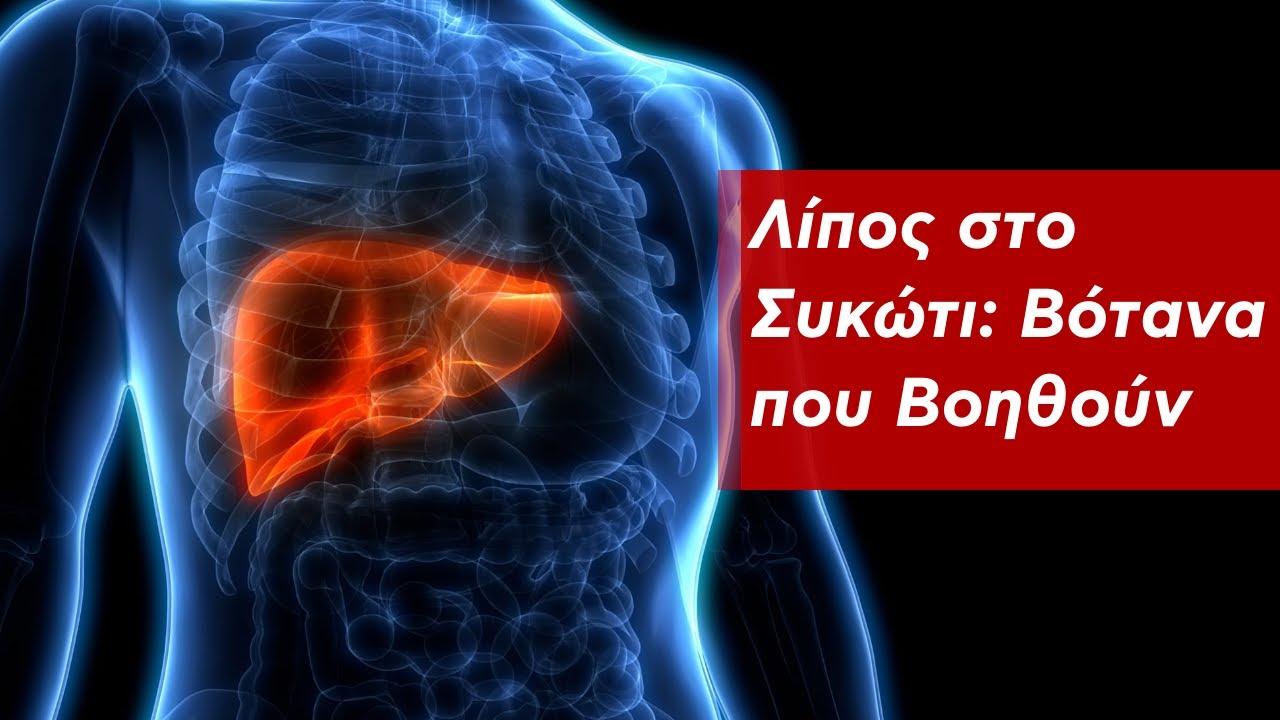
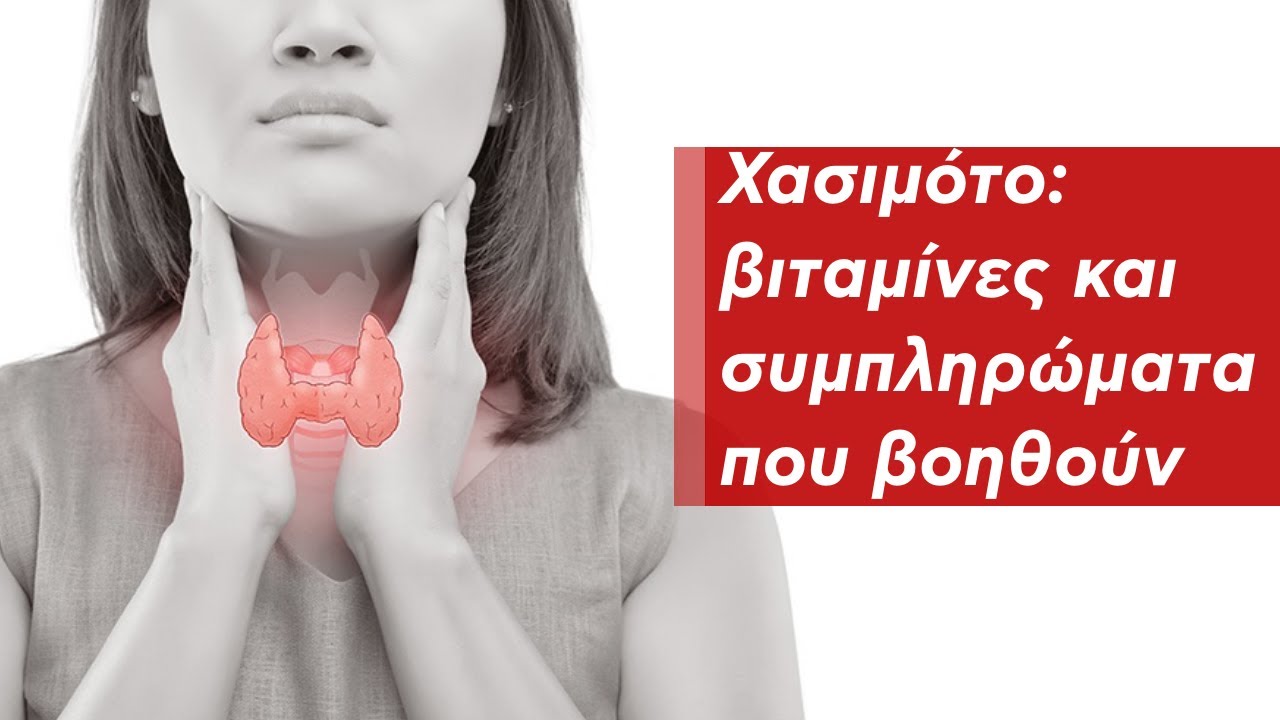
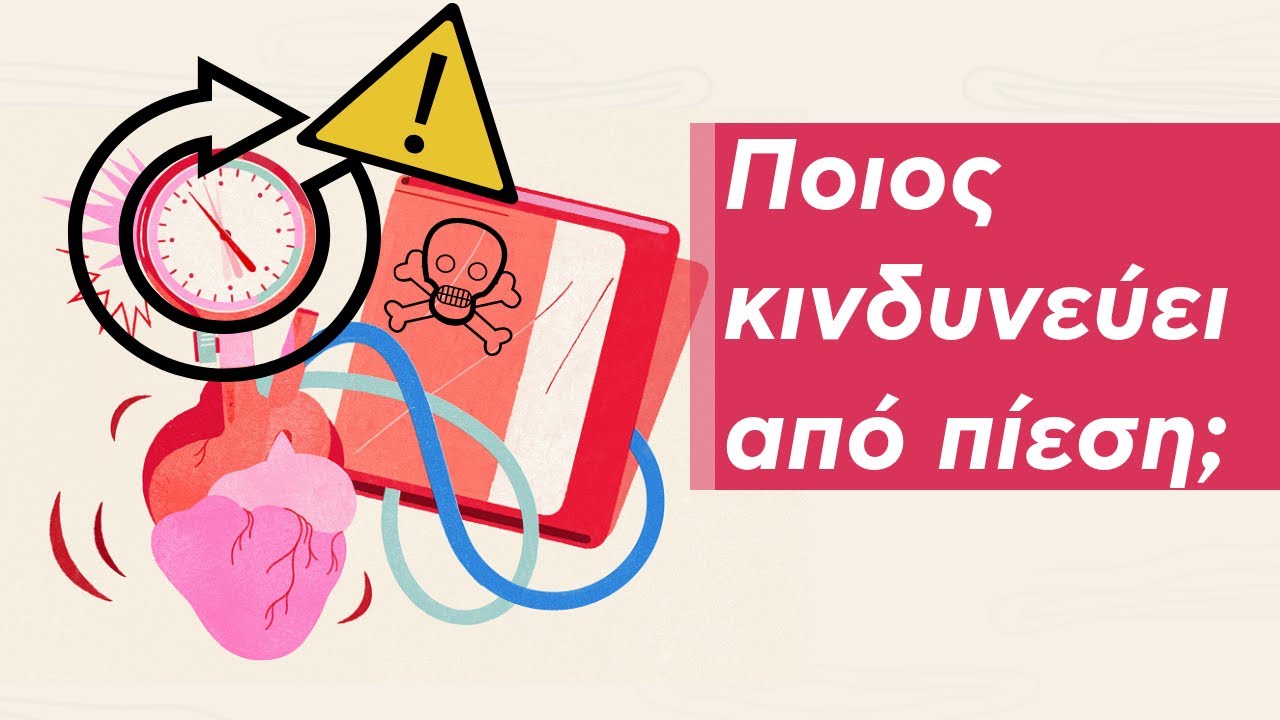
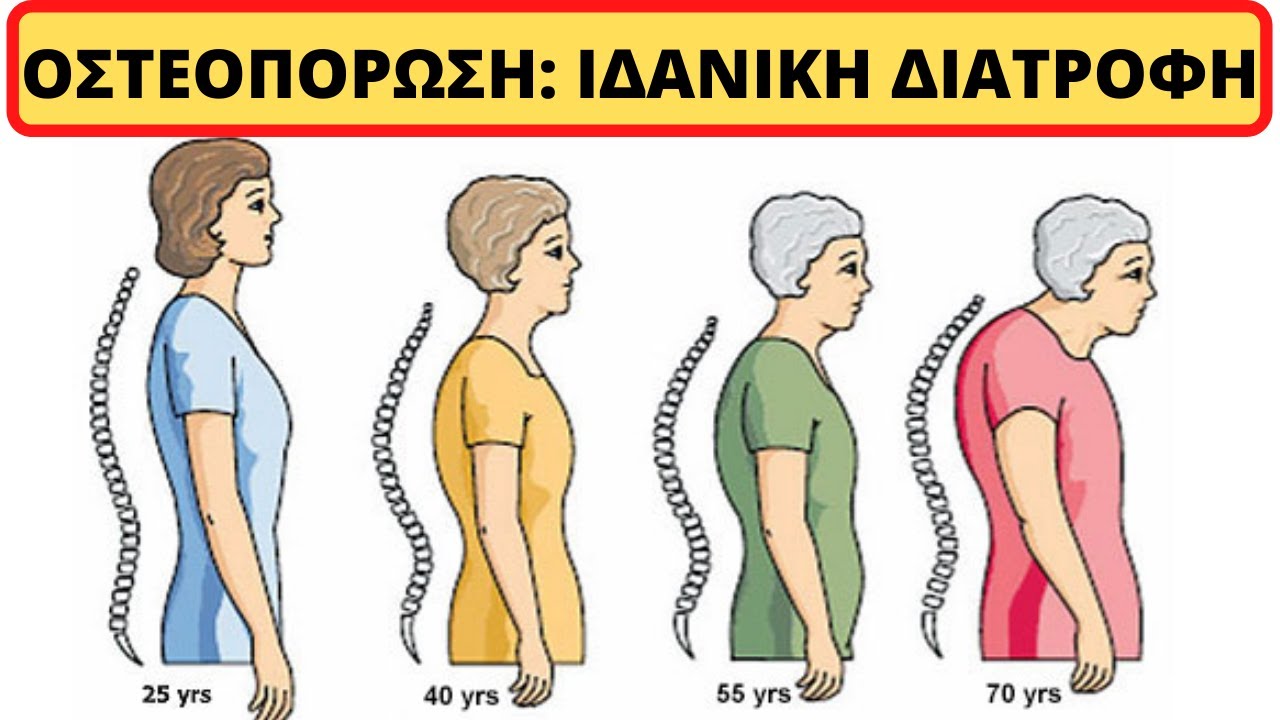
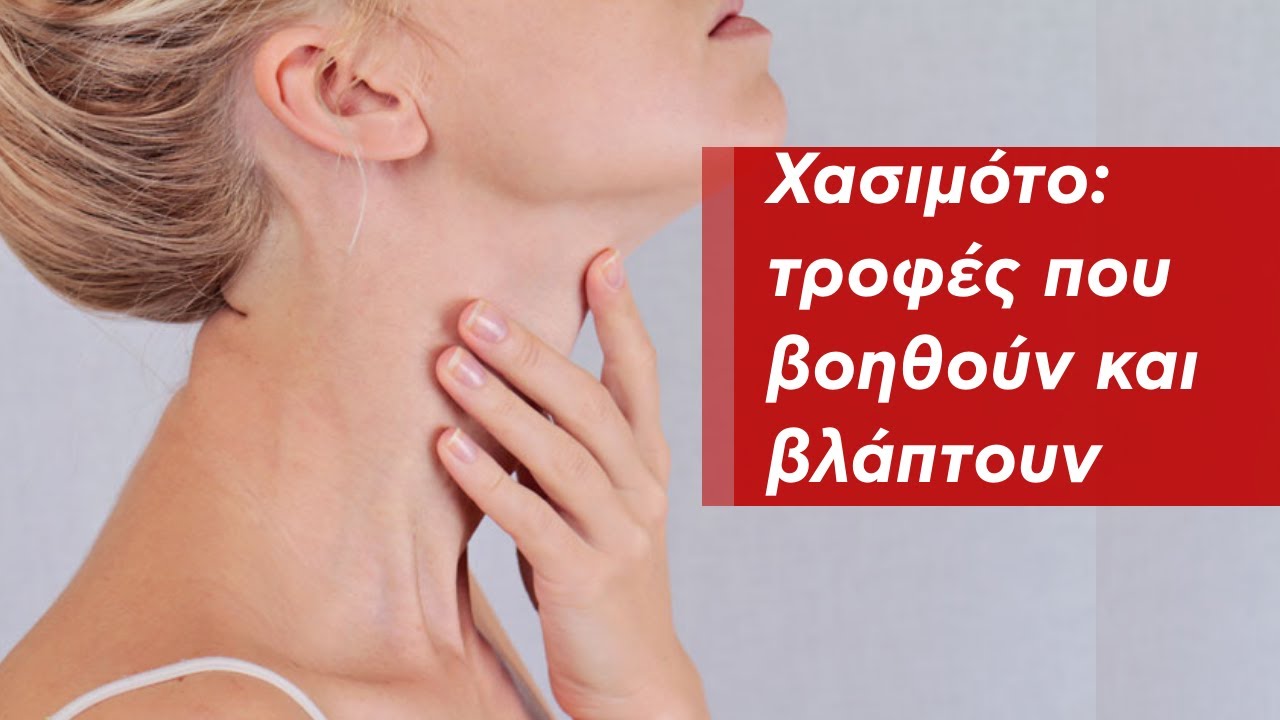
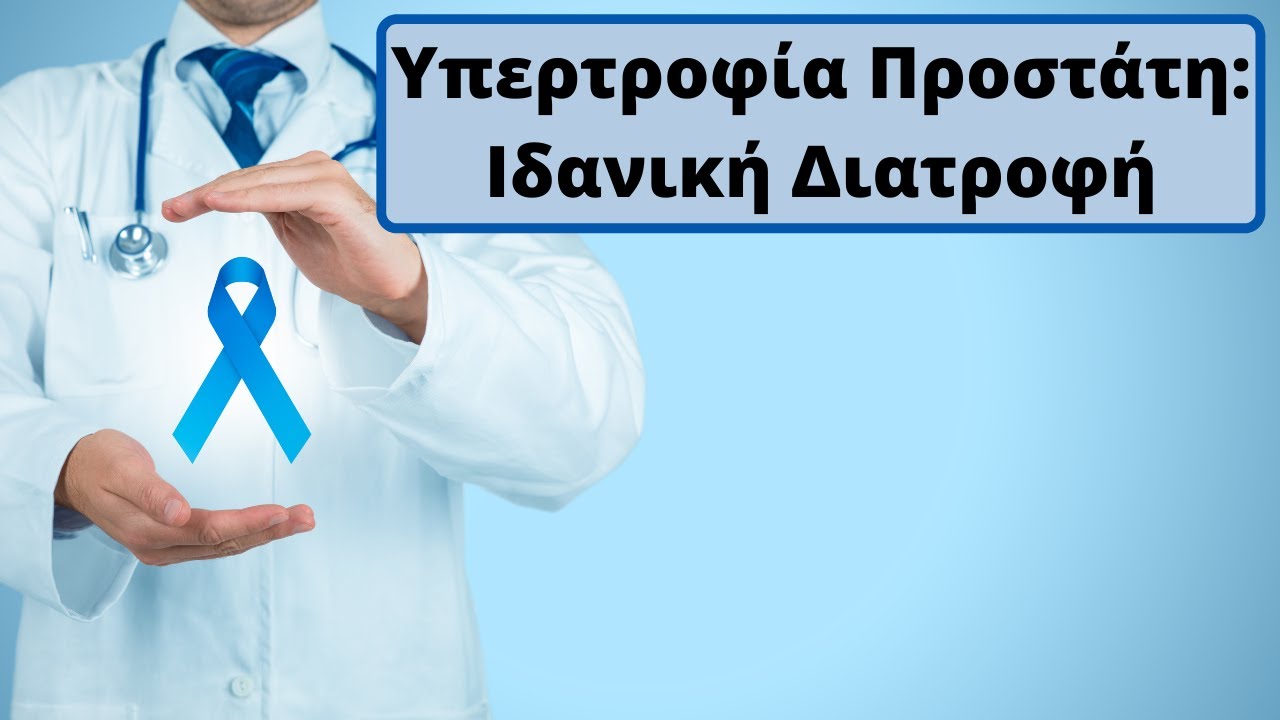
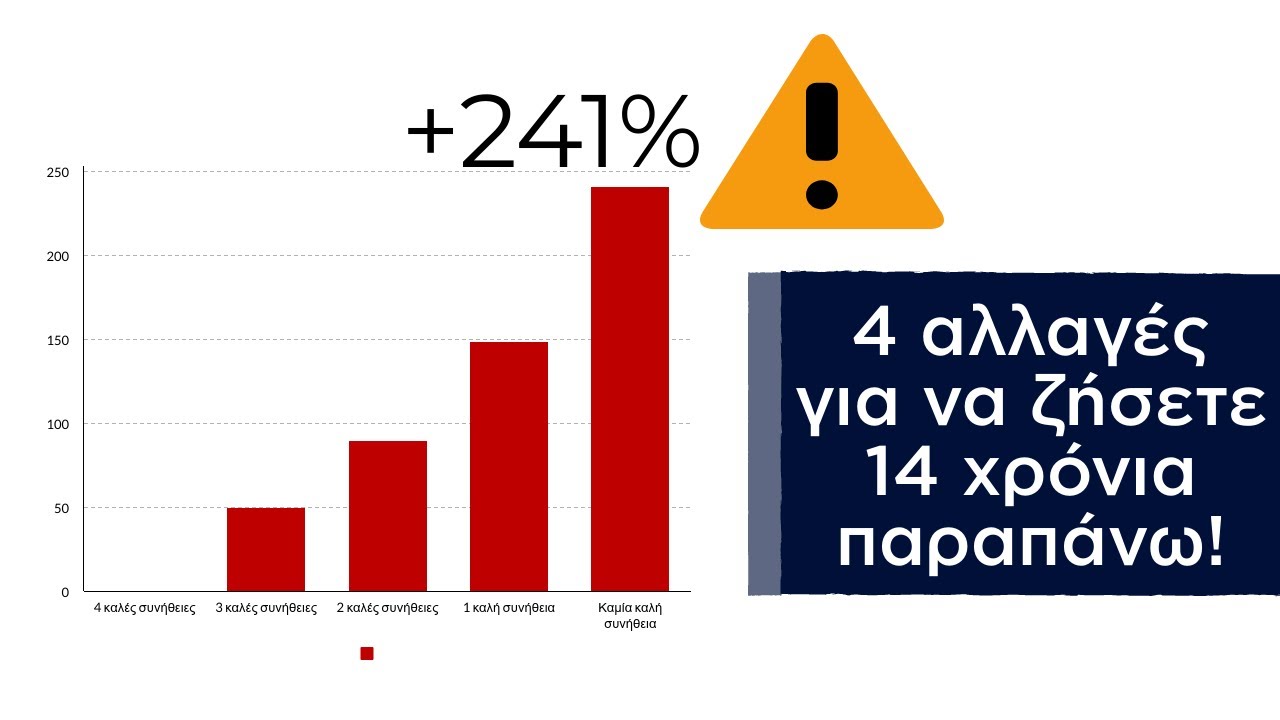
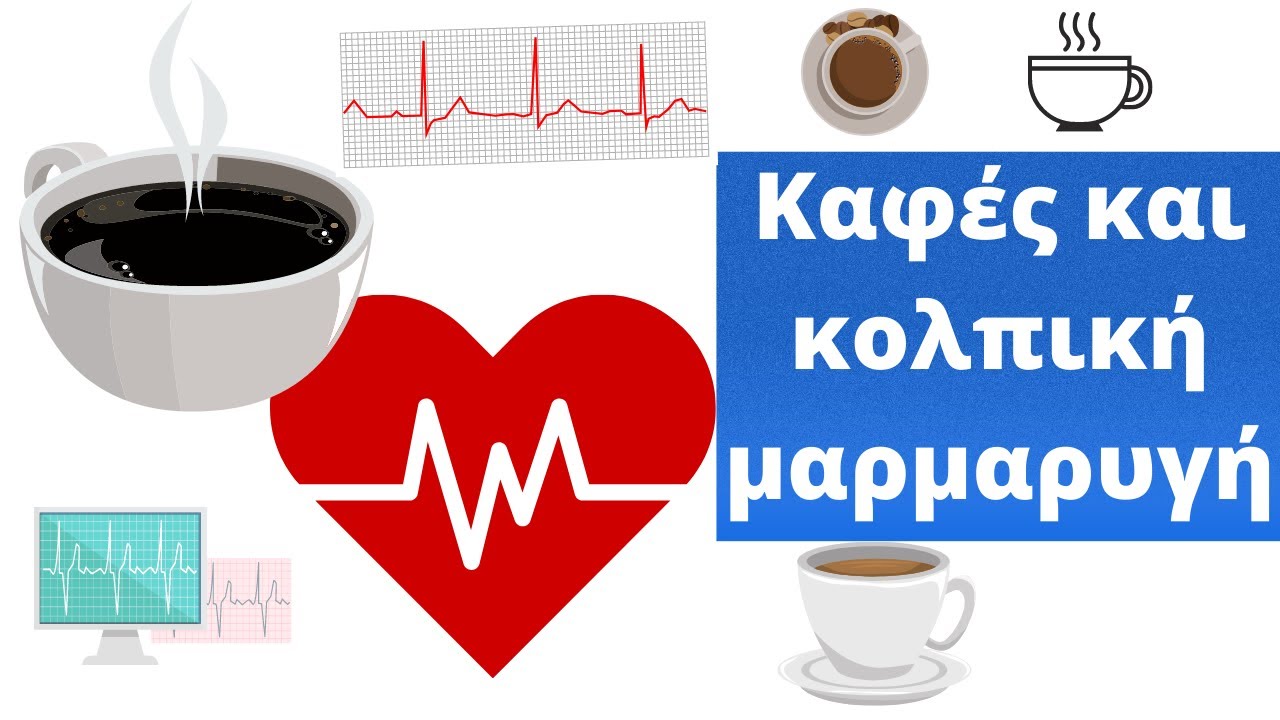
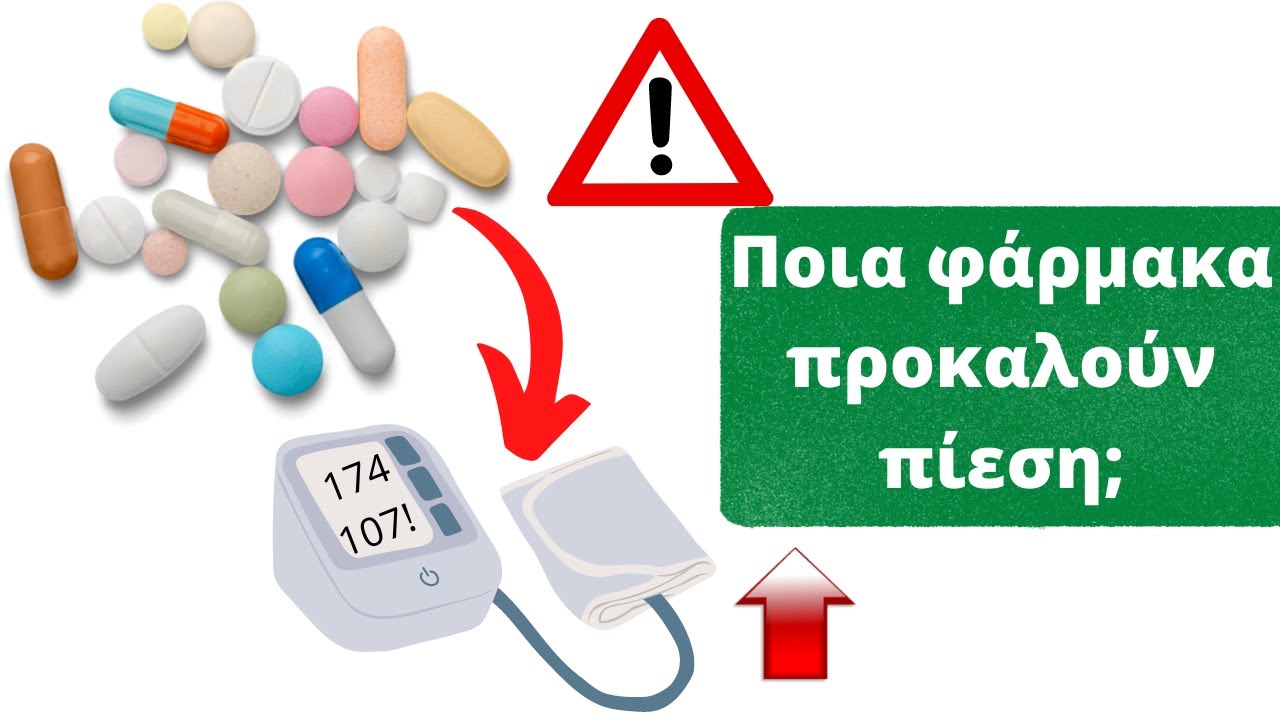

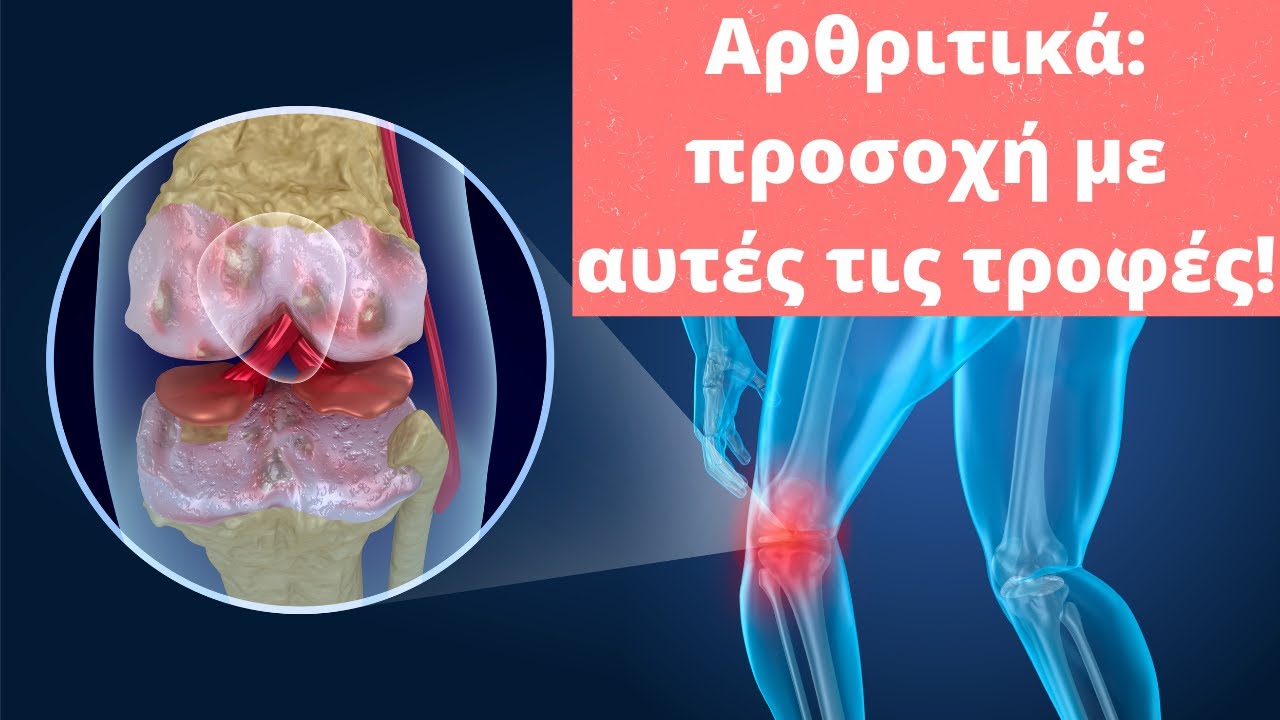

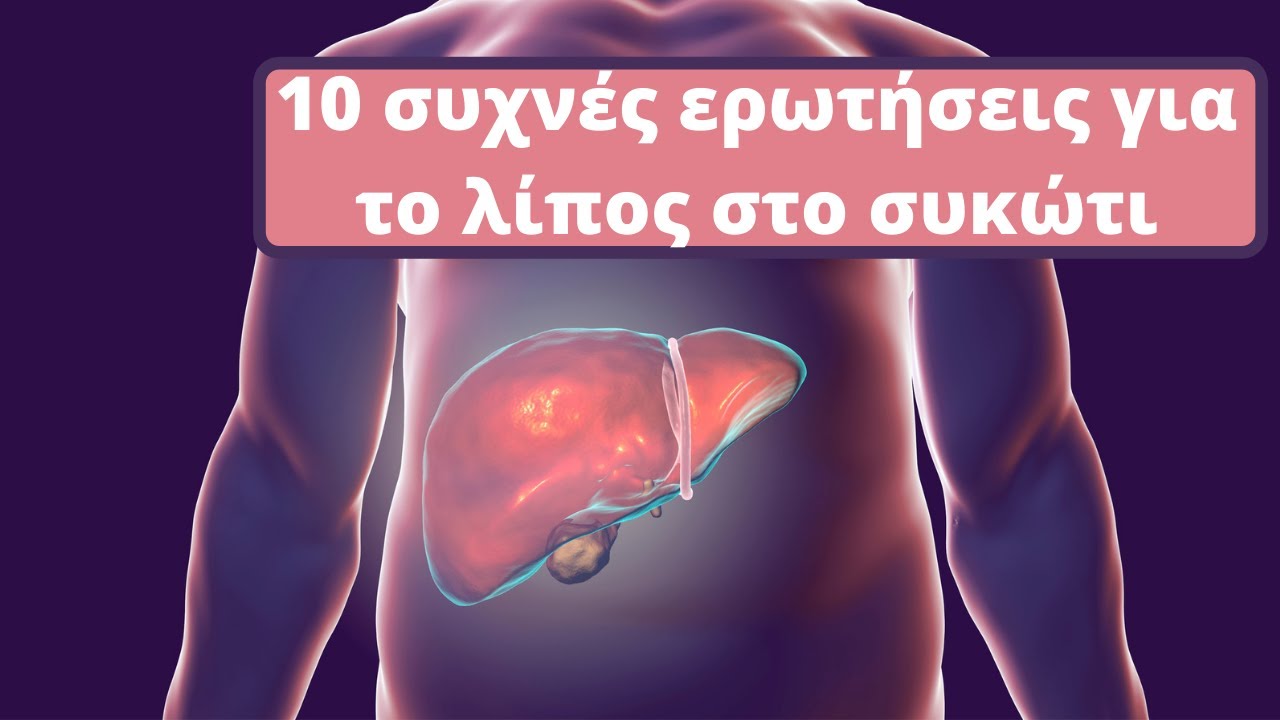
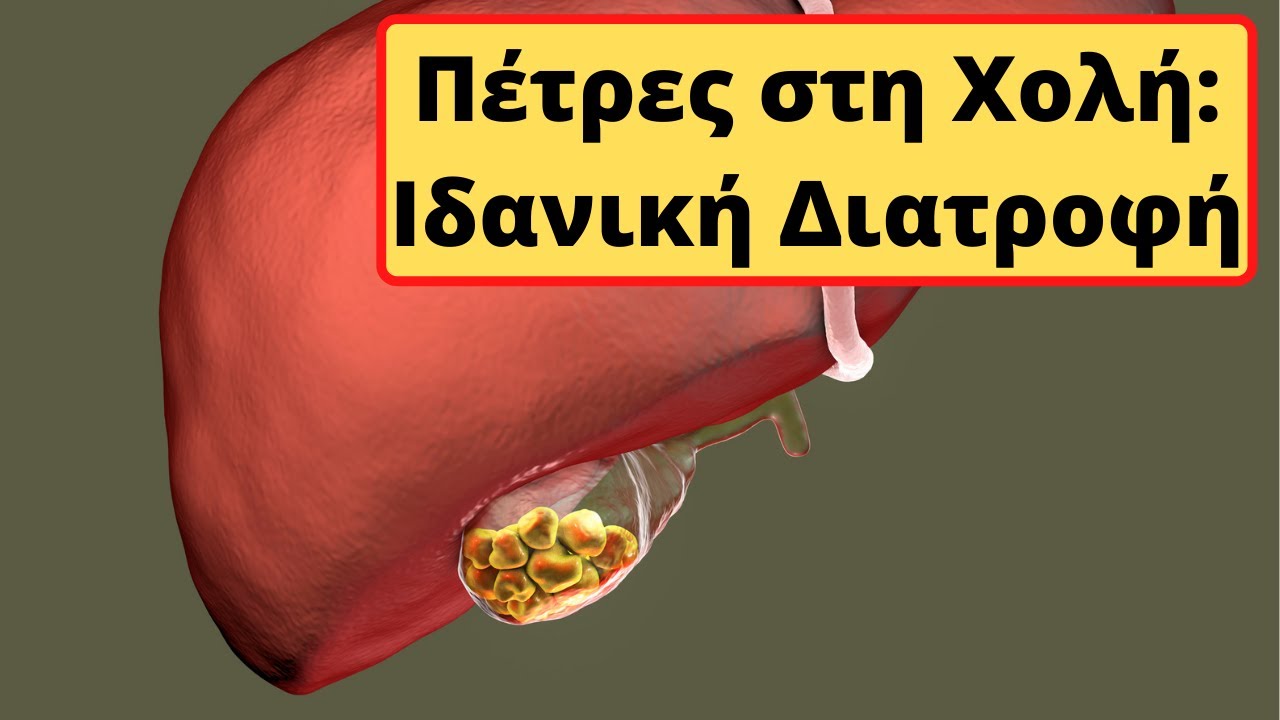
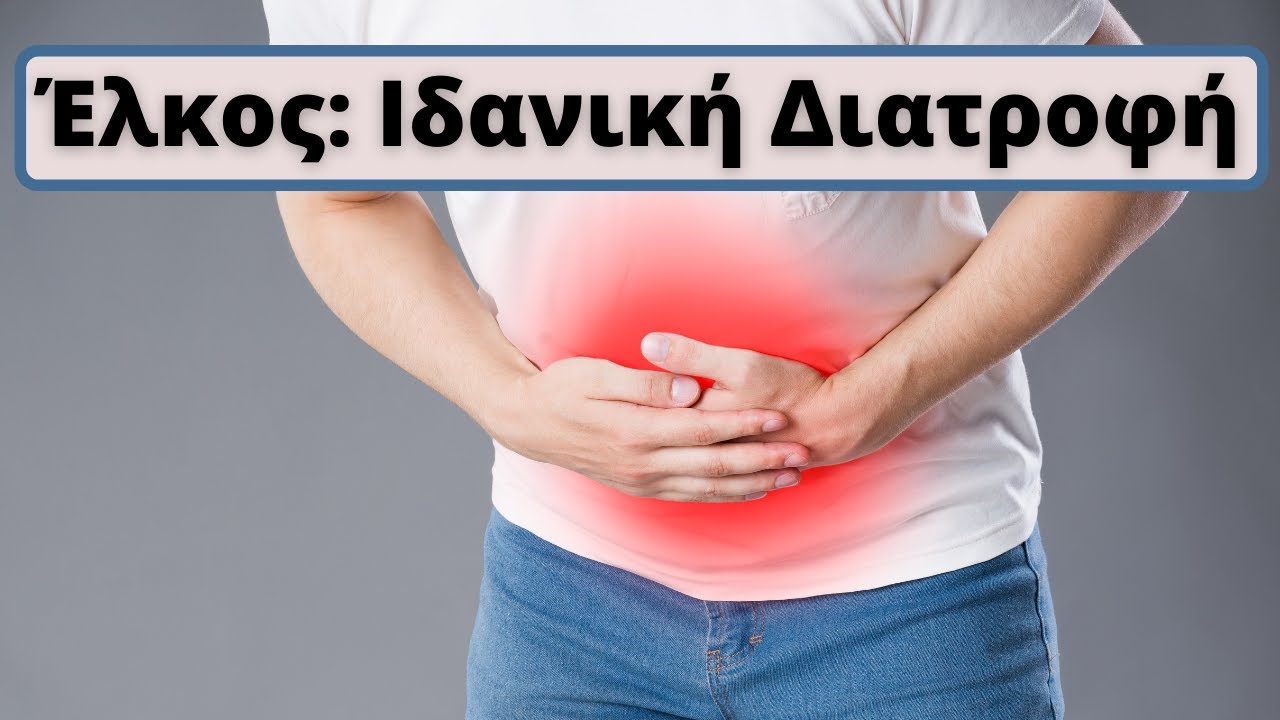
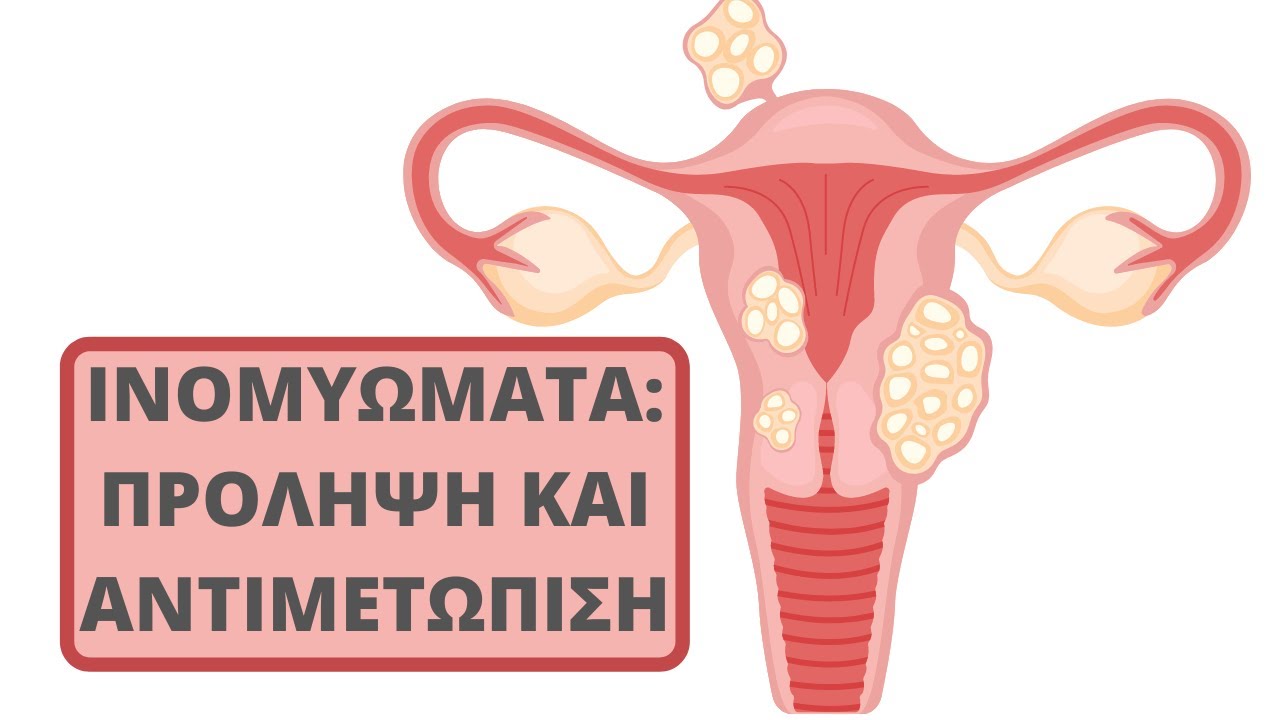

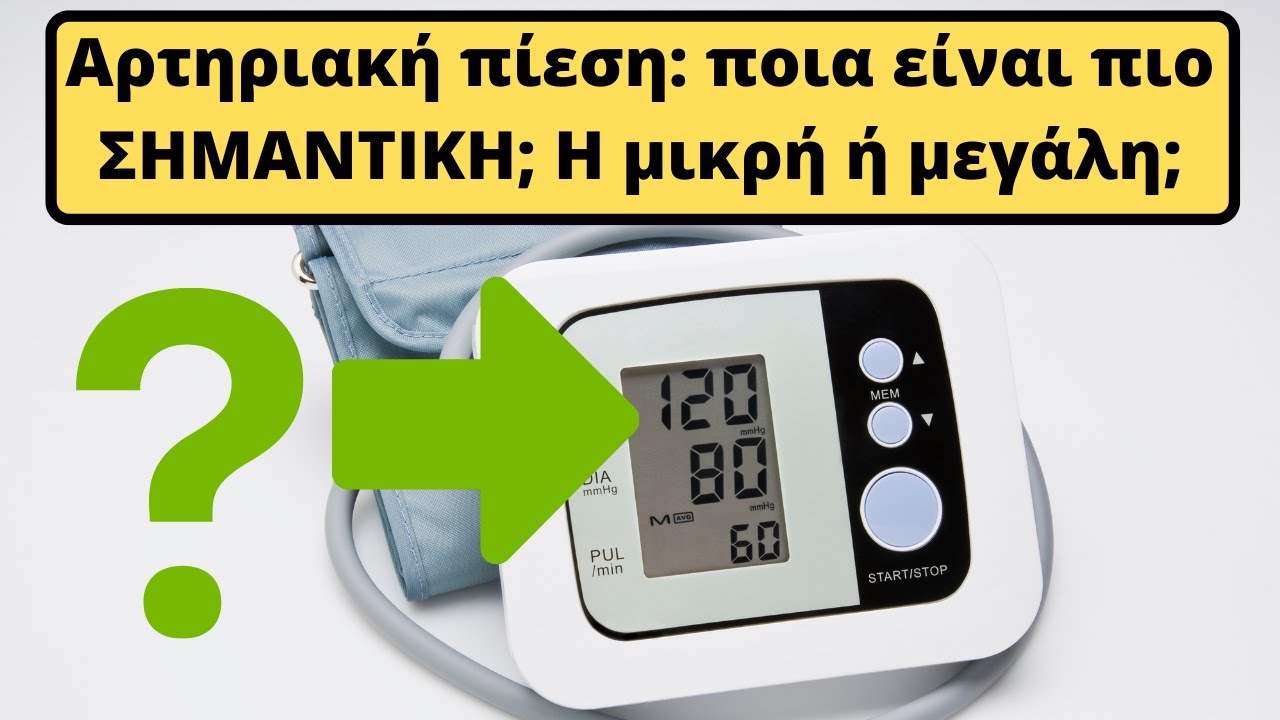
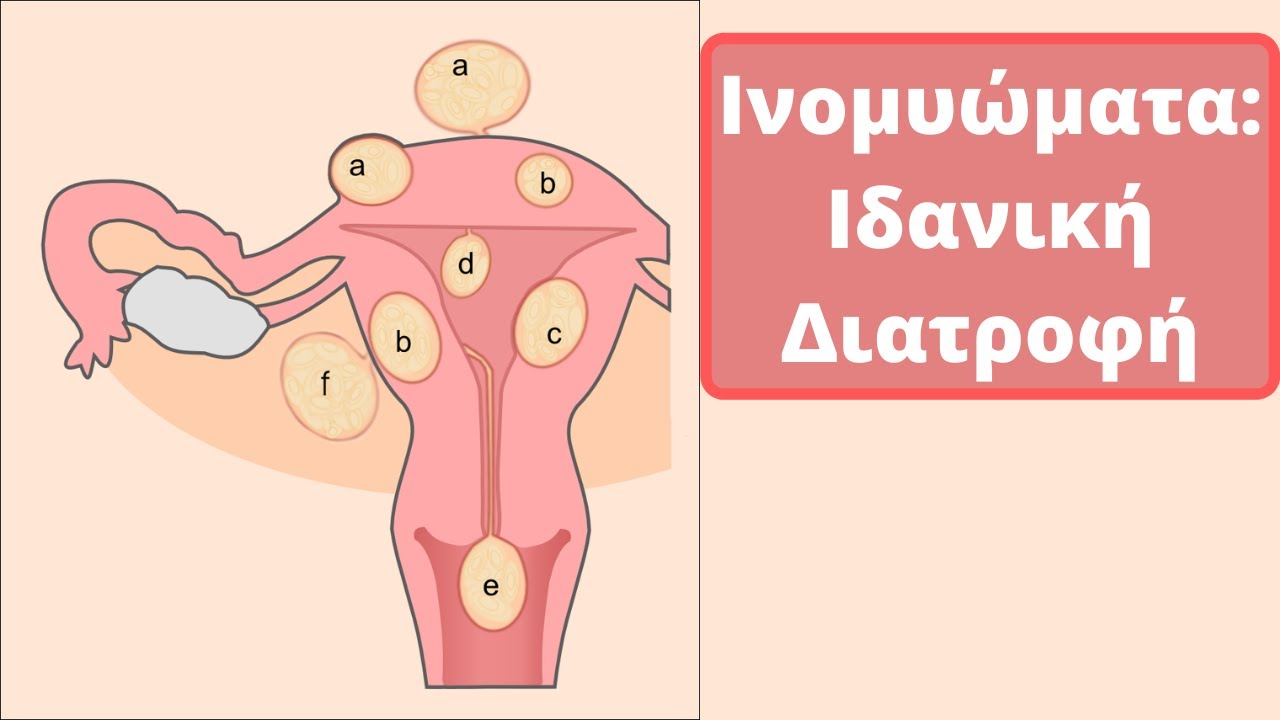


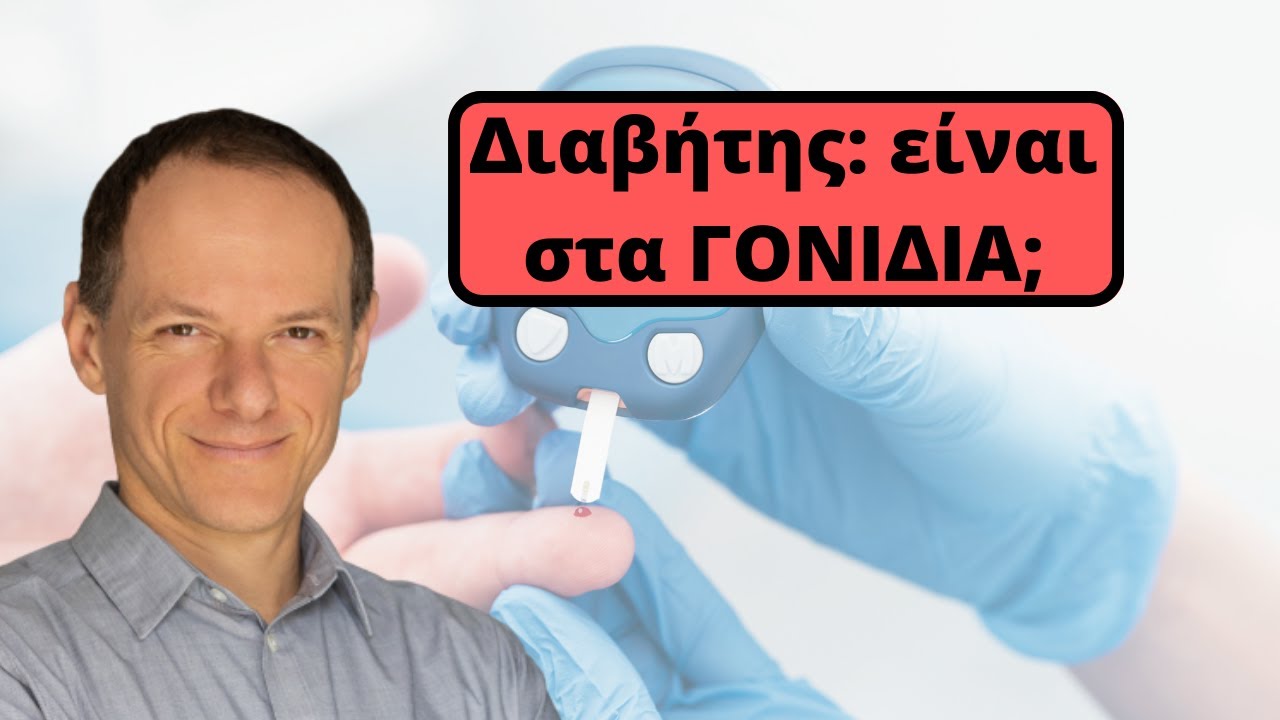

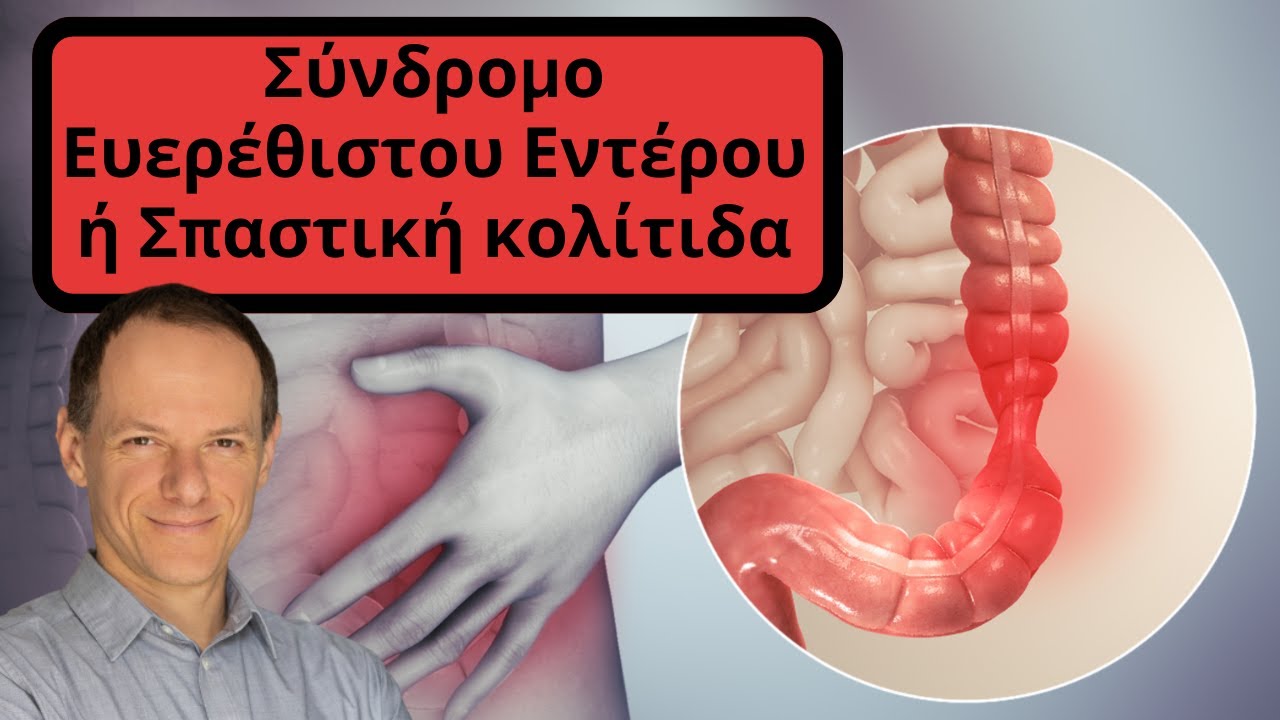
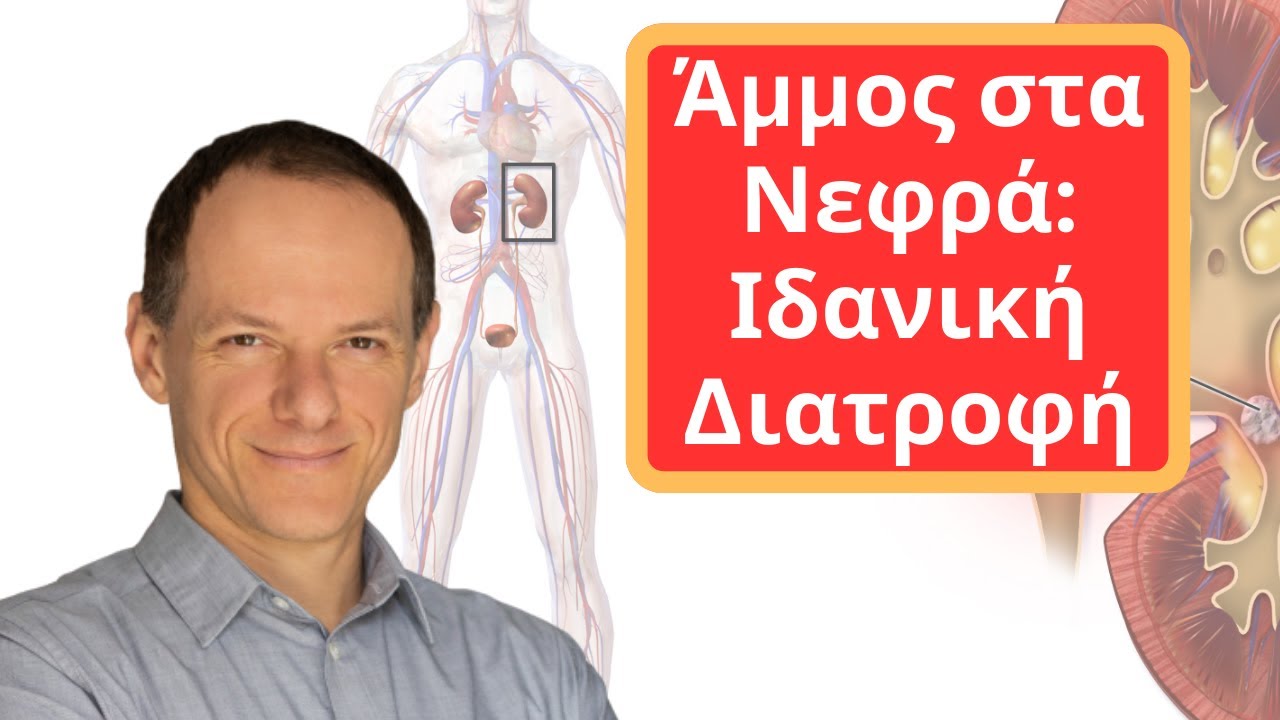
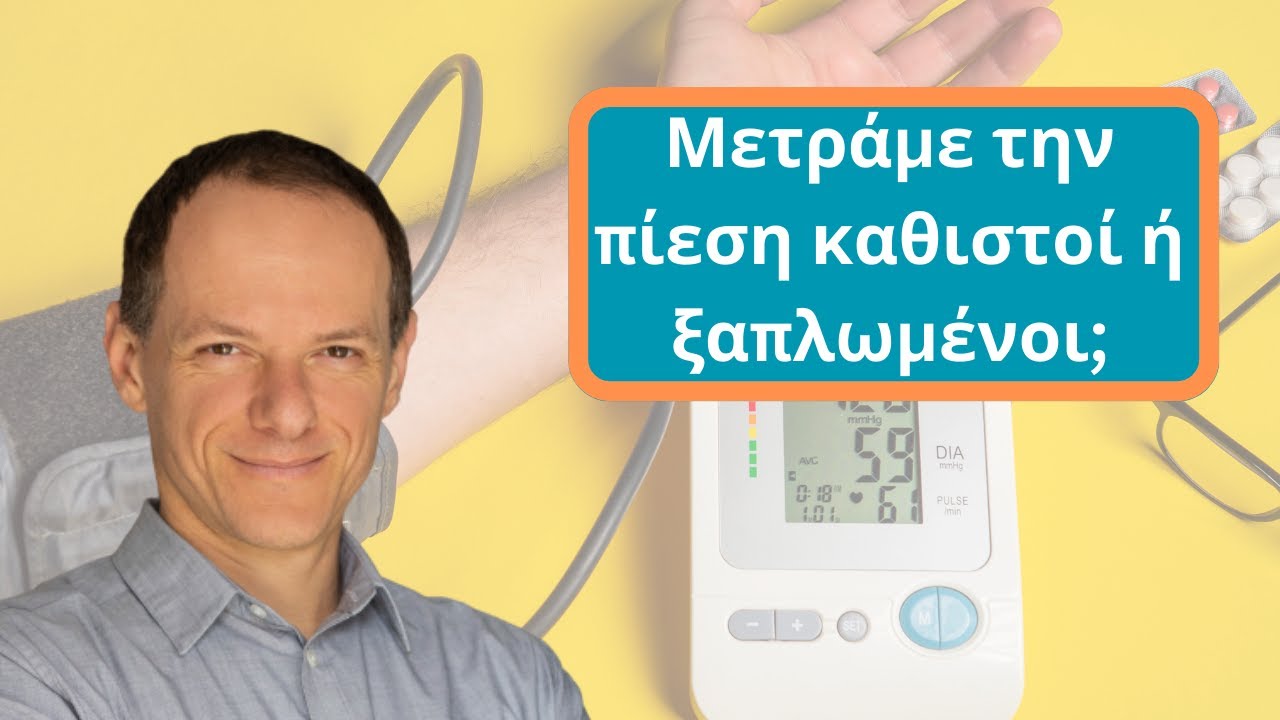






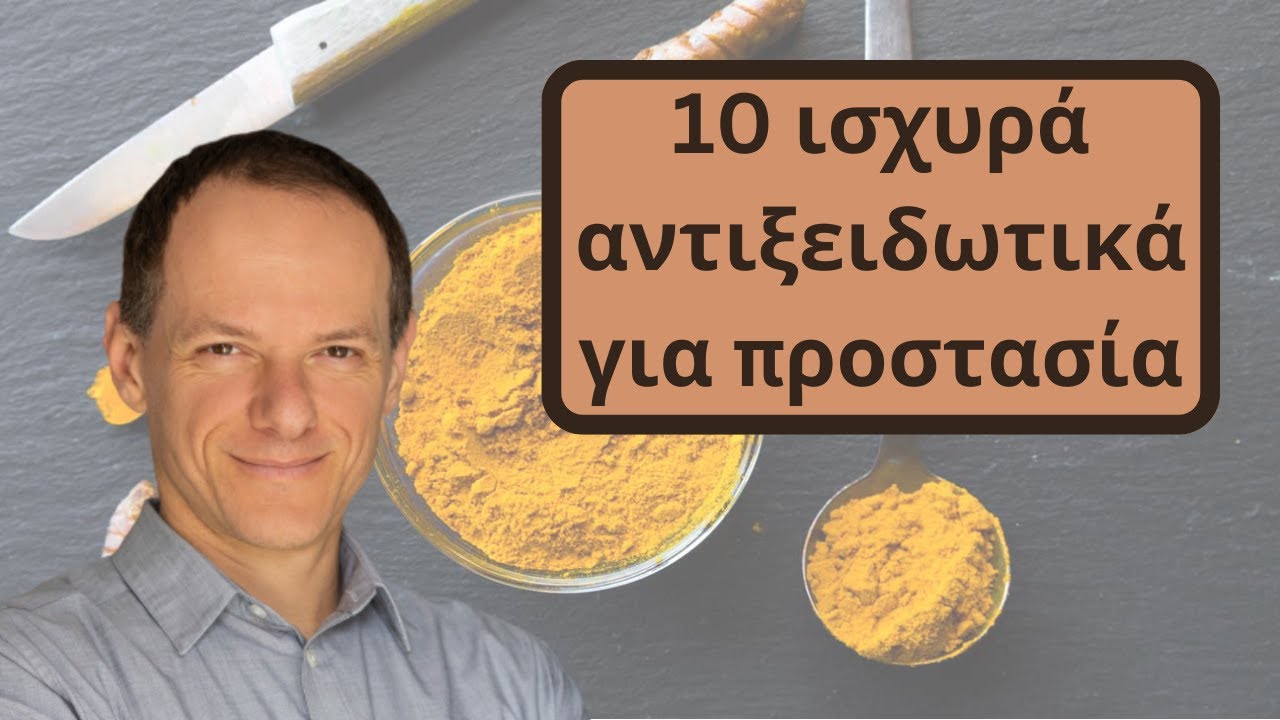
0 Σχόλια